Finales are always hard. Whether it be the last episode of your favourite show, the epic conclusion to a movie trilogy or the final chapter of a great book, it is incredibly difficult to bring great work to a satisfactory end point. The challenge of summarizing the MPI is that it has been about far more than just the work and output. It is an idea and a place that was the creation of so many amazing people.
Twelve years ago, Roger Martin and Joe Rotman dreamed up the idea of housing a public policy institute at the Rotman School of Management. Sitting here today, that does not sound like a radical idea. However, at the time, it was unheard of…so of course Joe wanted to do it. He believed that public policy would benefit from having a business voice and lens, and that the private sector’s absence from public policy was detrimental to the proper functioning of capitalism. A philosopher at heart, a man who was always learning, pushing, and inspiring, Joe was the best philanthropist an Institute could ask for. Together, Joe and Roger lay the groundwork for the MPI.
The next step was to use the MPI as a vehicle to create intellectual capital and ideas that would shape the discourse here in Canada and beyond. Richard Florida joined to become the first Institute Director and both he and the MPI took off. Richard became one of the world’s leading urbanists and his work, and that of the Institute, shaped the way this jurisdiction thinks about the creative class and the modern economy. Toronto and Ontario are now thought of as hotbeds for the knowledge economy and the tech industry. None of that would have happened without public investment, Joe Rotman’s philanthropy and the work of Richard, Roger and the MPI. While Richard’s work went global, he and his team always made sure to dedicate some bandwidth to local issues and collaborators, creating a unique space at its original home in the MaRS building, one that inspired a younger generation of policy thinkers.
In 2012, the MPI entered its second phase, moving into the Rotman School, welcoming Jamison Steeve as the new Executive Director and bringing on Roger as the full time Institute Director in 2013. Building on the cities agenda created by Richard, the MPI took on the issue of democratic capitalism. Troubled by what he saw happen in 2008, Roger felt that democratic capitalism was at an inflection point. He saw that the “51% family” was not getting ahead and he was worried about what results that would yield. If those people were not getting ahead financially, and were not “being heard” democratically, how would they react?
We got our answer in the form of the 2016 US Election and the Brexit vote. People voted to “blow it up.” The work of the MPI became even more important, as we focused on how to rebuild, renovate, and refurbish democratic capitalism. We also explored new ideas and new modes of communication, unique for a “think tank.” Our speaker series, Fellows Program, podcast, short film, “Persona” project, and writing – all were designed to explore new ideas with new people in new ways. Along the way, we learned much, and Roger hopes to produce our diagnosis and remedies to the challenges faced by democratic capitalism in 2020.
However, a synopsis of the MPI cannot be limited to work we produced. We are incredibly proud of two broader aspects of MPI’s legacy. First, we believe we contributed mightily to the way Toronto thinks. Our work on parks and libraries, our partnership with Toronto Life that evaluated neighbourhoods, our partnership with the Toronto Star on the “Big Ideas Project” that helped shape the 2014 Mayoral debate, Richard’s interventions on the casino, airport and Amazon HQ2 discussions all helped inform the public discourse in a positive and creative way. Fact based, but fun and sometimes pointed, the MPI perspective was unique and consistent. Our hope is that others will rise to fill the gap left by our departure from the field.
Second, and importantly, MPI was a great place to work. From day one, the MPI was fortunate to attract talented people from diverse backgrounds. We learned from one another, improved each other’s work and generated provocative and implementable recommendations. We made sure to offer a seat at the table to all staff, internally and externally, and gave people responsibility and autonomy. We looked out for one another, celebrated each other’s successes, and, most importantly, had fun along the way.
We want to thank Joe Rotman and his family for their incredible donation that gave life to this place. We want to thank all the other donors, big and small, named and especially anonymous, for the funding that fueled our work along the way. We also want to thank our supporters and partners in government – municipal, provincial and federal – who have helped deepen the impact of our work. We want to thank the University of Toronto and the Rotman School for allowing us to grow, mess up and succeed on our own terms over the past 12 years. Particular thanks go to Rob Pritchard, David Naylor, Meric Gertler, Nadina Jamison, Peter Pauly, and Tiff Macklem for their patience and leadership. We want to thank all of our partners and co-conspirators who made our work impactful and enjoyable. And lastly, we want to thank our audience for travelling along with us. Our work will live on, for a while, on this web site. We hope it continues to be, as Roger would say, “relentlessly useful” to you in the years ahead.
The goal of the MPI was never to simply exist. There is power in an ending. There is an authenticity to working hard, doing a good job and exiting the stage. That is what we hope we are doing here. We leave you with the words of Maya Angelou, and we hope we lived up to them – “My mission in life is not merely to survive, but to thrive; and to do so with some passion, some compassion, some humour, and some style.”
A selection of photos from the MPI Celebration event
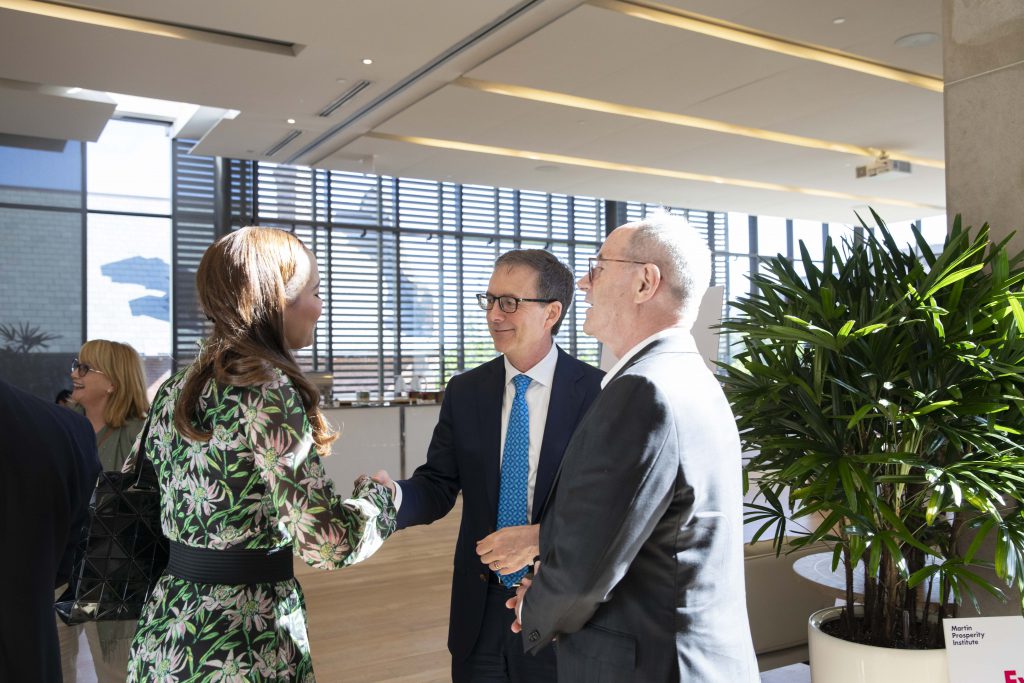
From left to right: Marie-Louise Skafte, Tiff Macklem, and Roger Martin
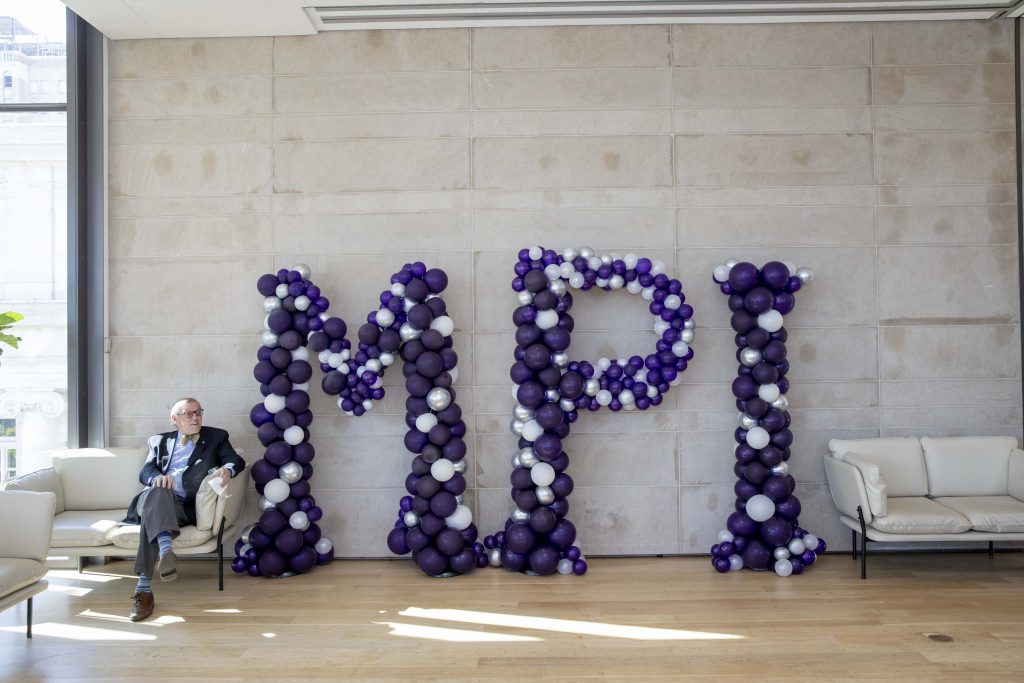
John Honderich seated beside the MPI balloon installation
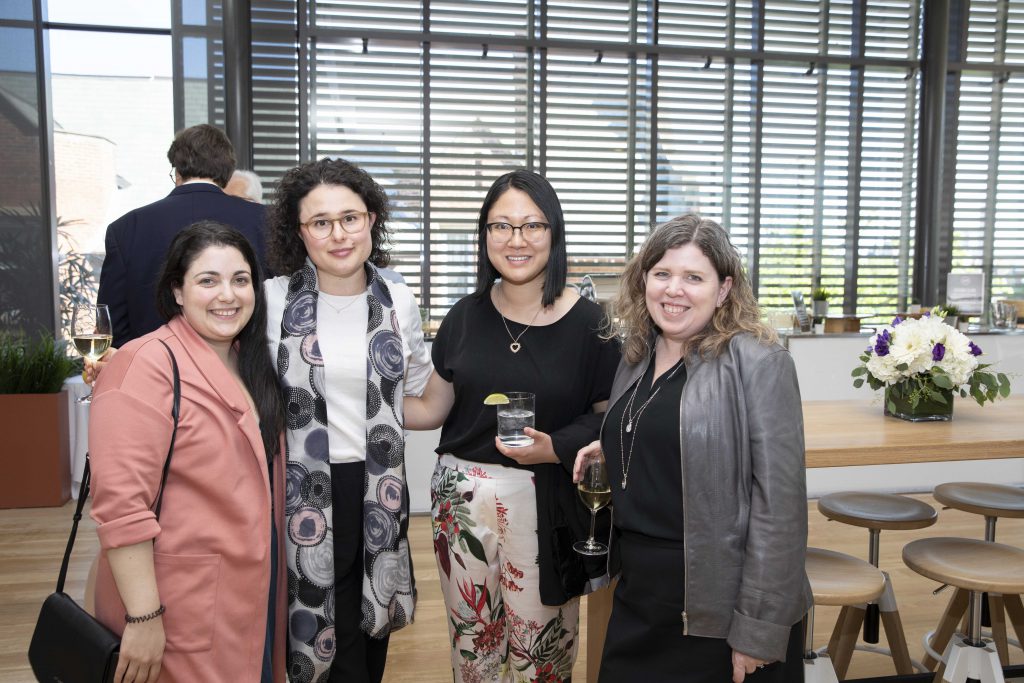
9th floor staff past and present (from left to right): Nogah Kornberg, Terri Block, Dorinda So, and Jennifer Riel
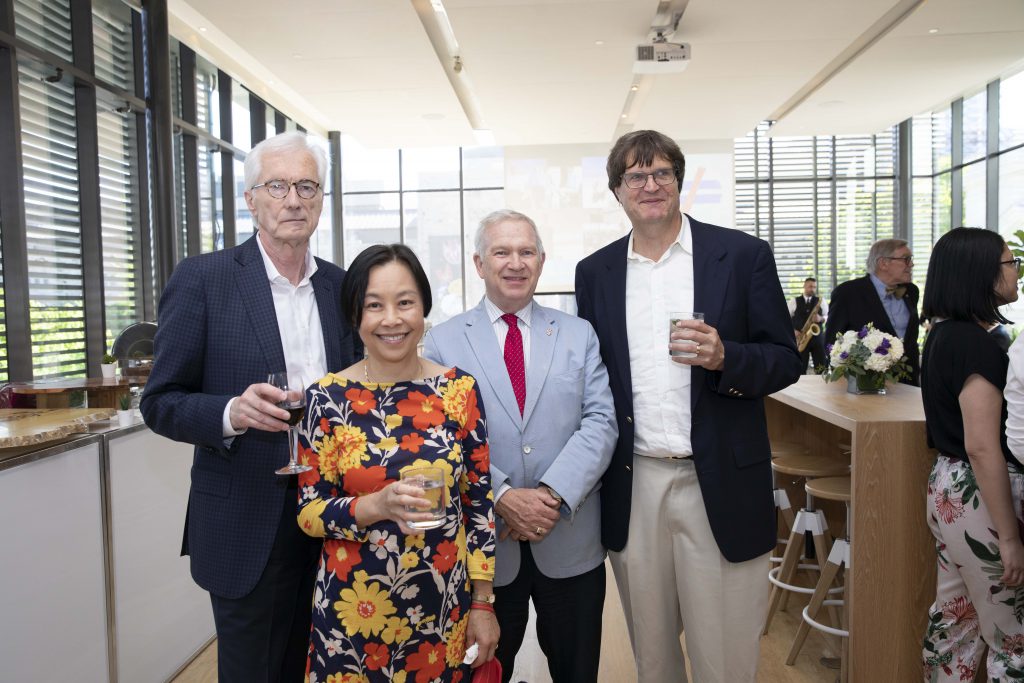
From left to right: Peter Pauly, Jeanne Li, Jim Milway, and William Strange
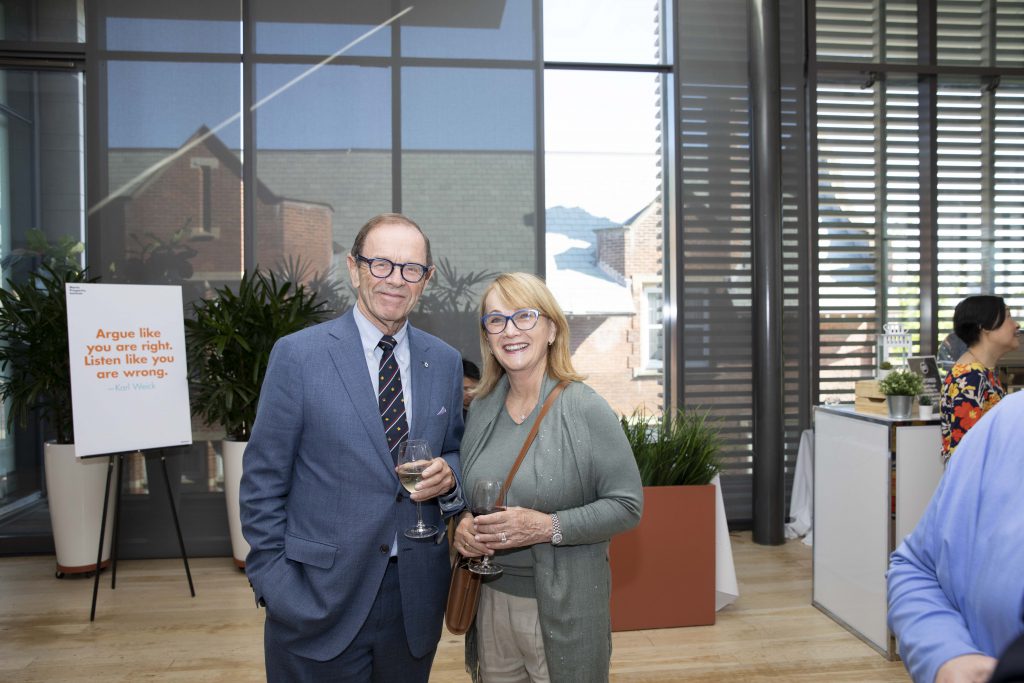
David Beatty and Mary Calder
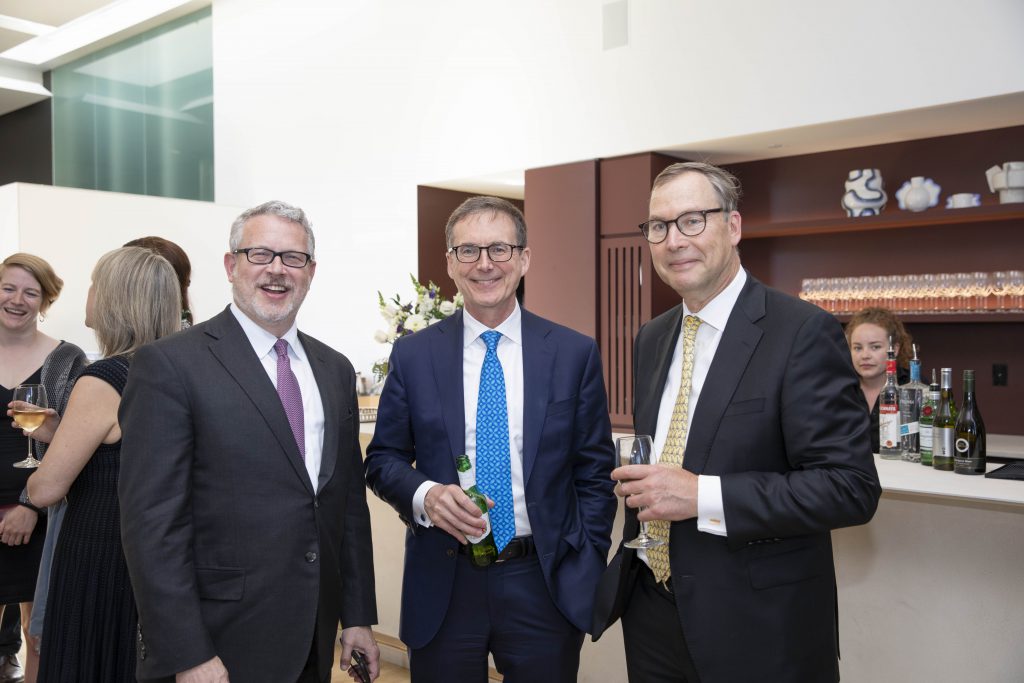
From left to right: Jonathan Goodman, Tiff Macklem, and John Armstrong
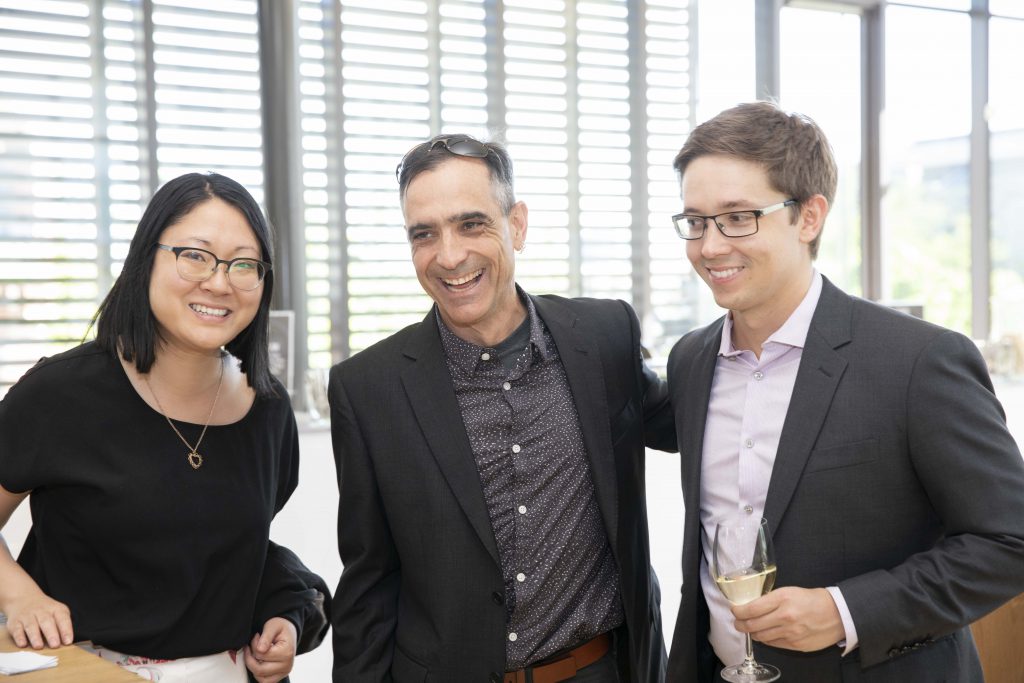
From left to right: Dorinda So, Gord Woolley, and Chris Mack
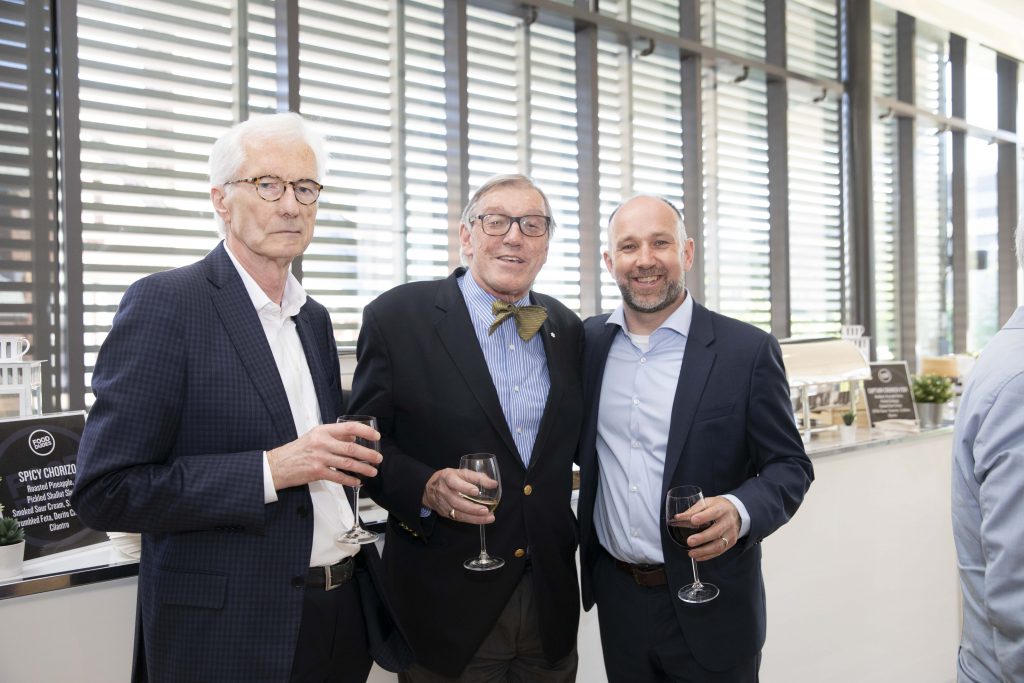
From left to right: Peter Pauly, John Honderich, and Jamison Steeve
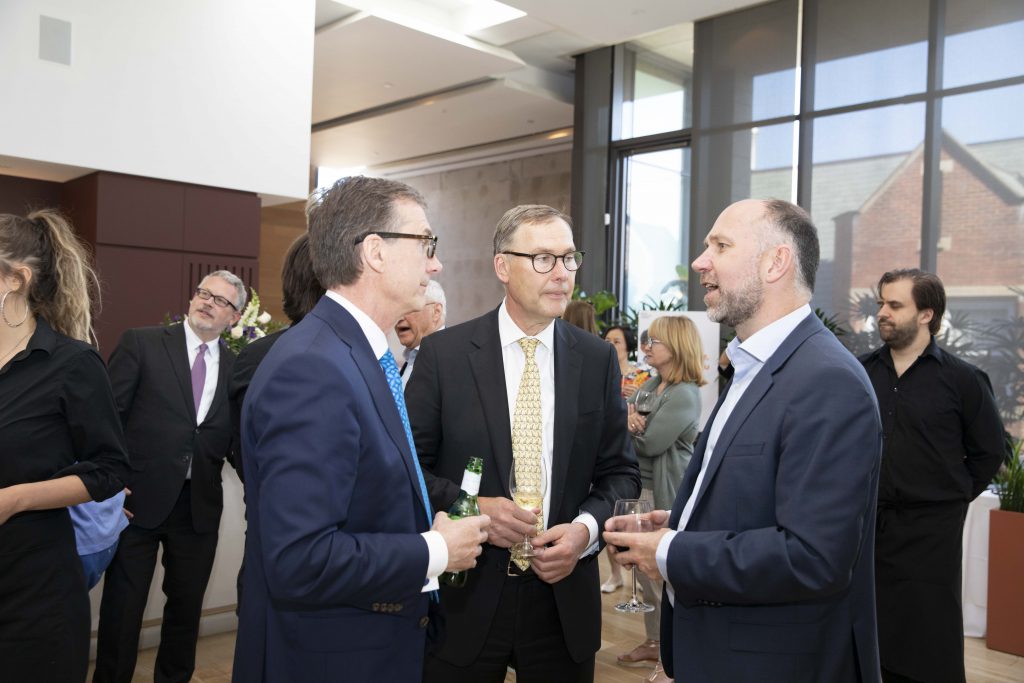
From left to right: Tiff Macklem, Johnathan Armstrong, and Jamison Steeve
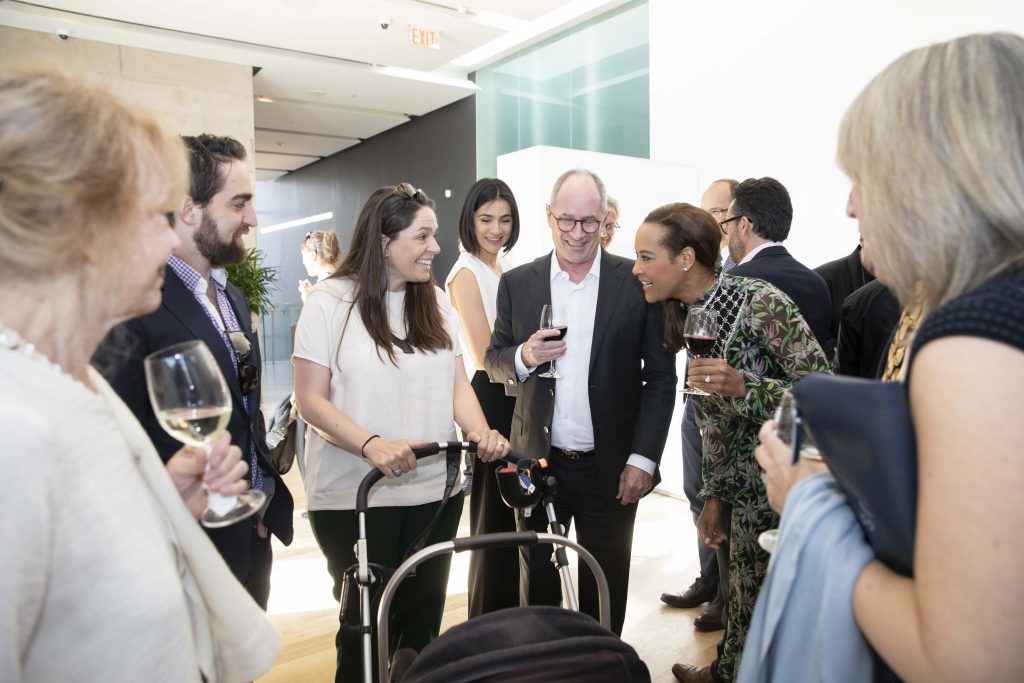
From left to right: Rob Dyba, Quinn Davidson, Zeynep Ton, Roger Martin, and Marie-Louise Skafte
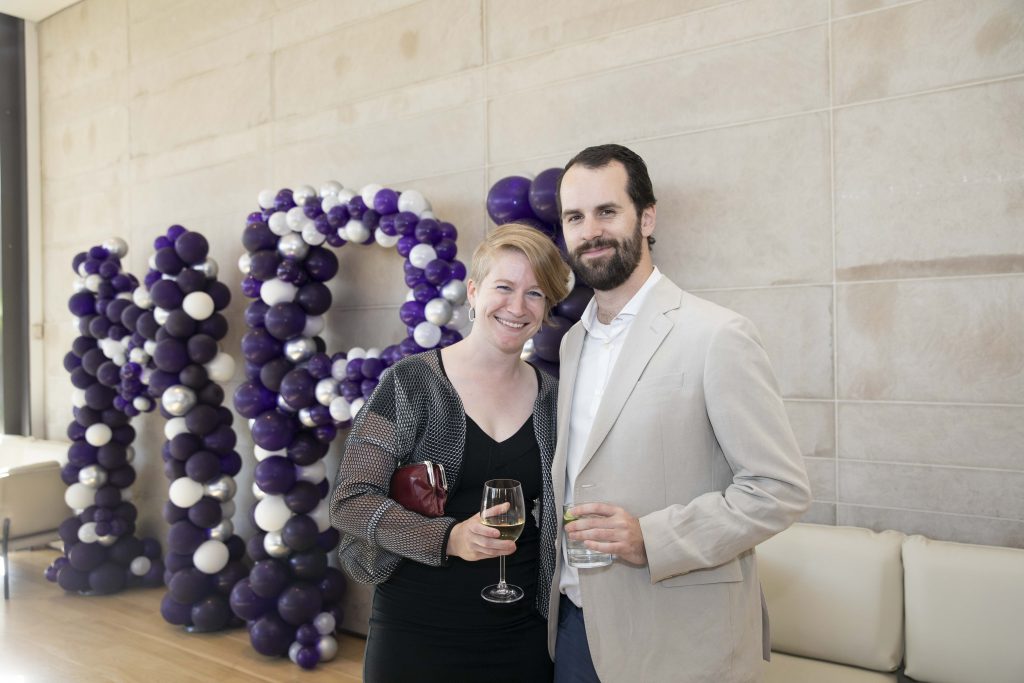
Linnea Coveny and Daniel Martin
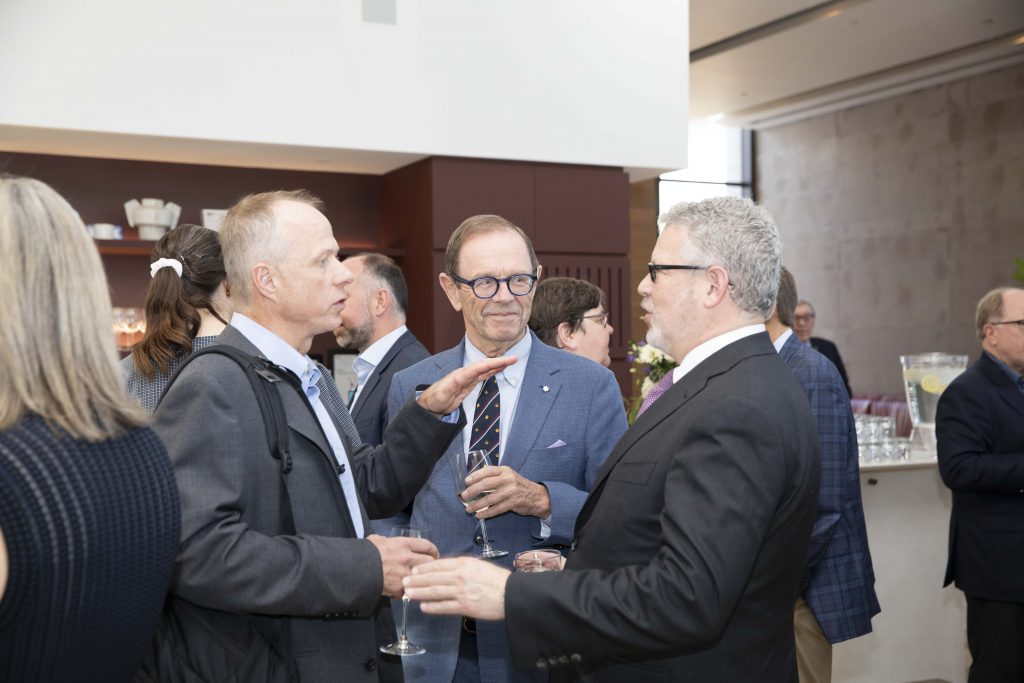
From left to right: Dave Samuel, David Beatty, and Jonathan Goodman
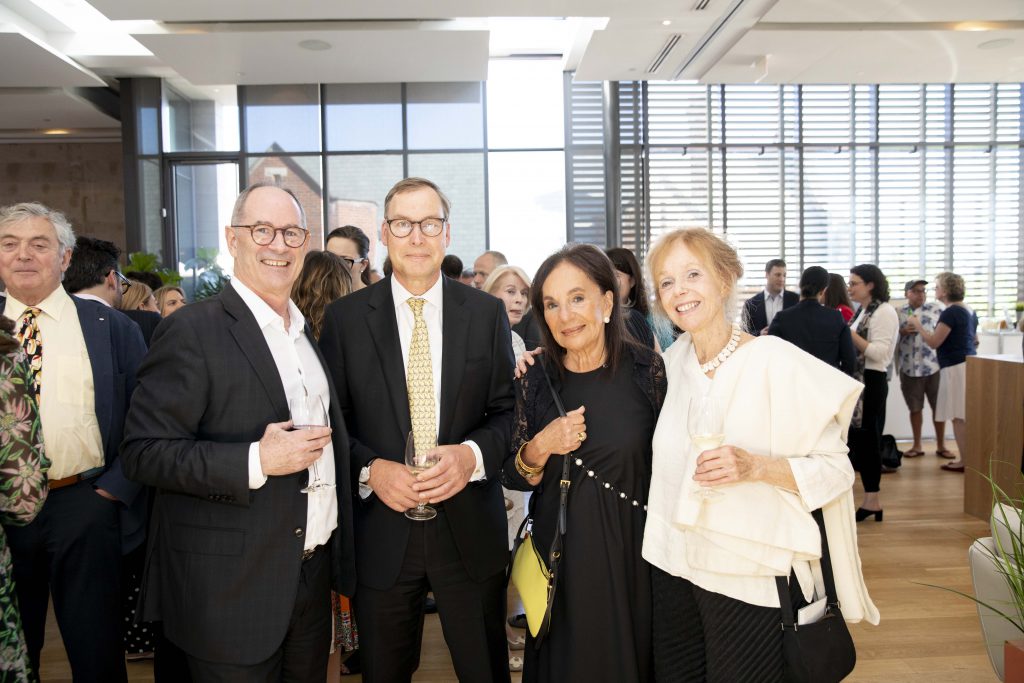
From left to right: George Butterfield, Roger Martin, John Armstrong, Sandy Rotman, and Martha Butterfield
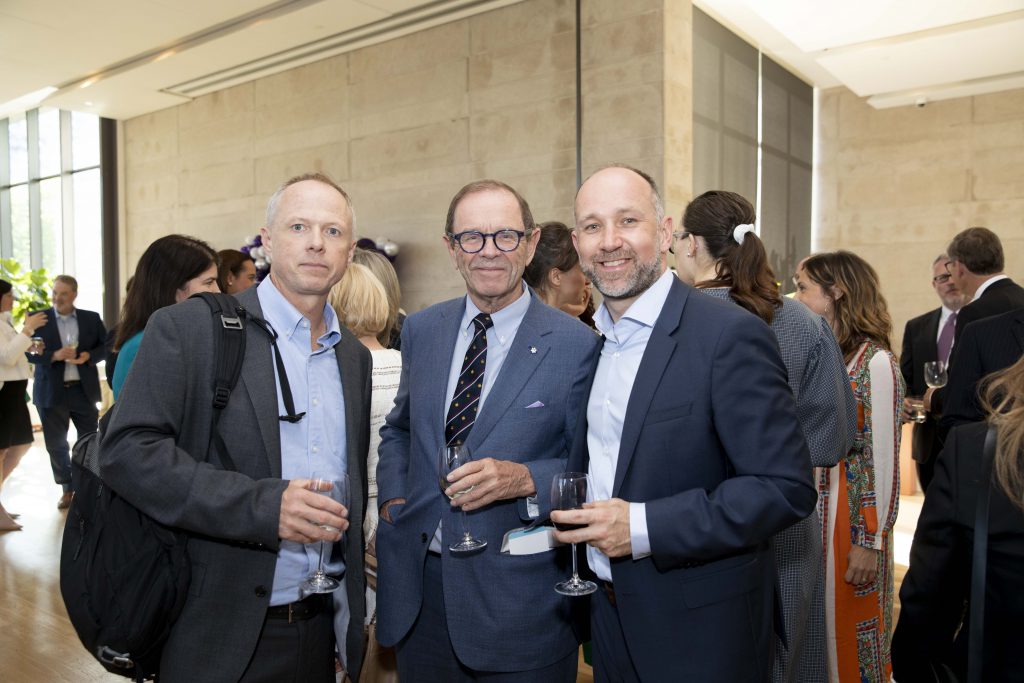
From left to right: Dave Samuel, David Beatty, and Jamison Steeve
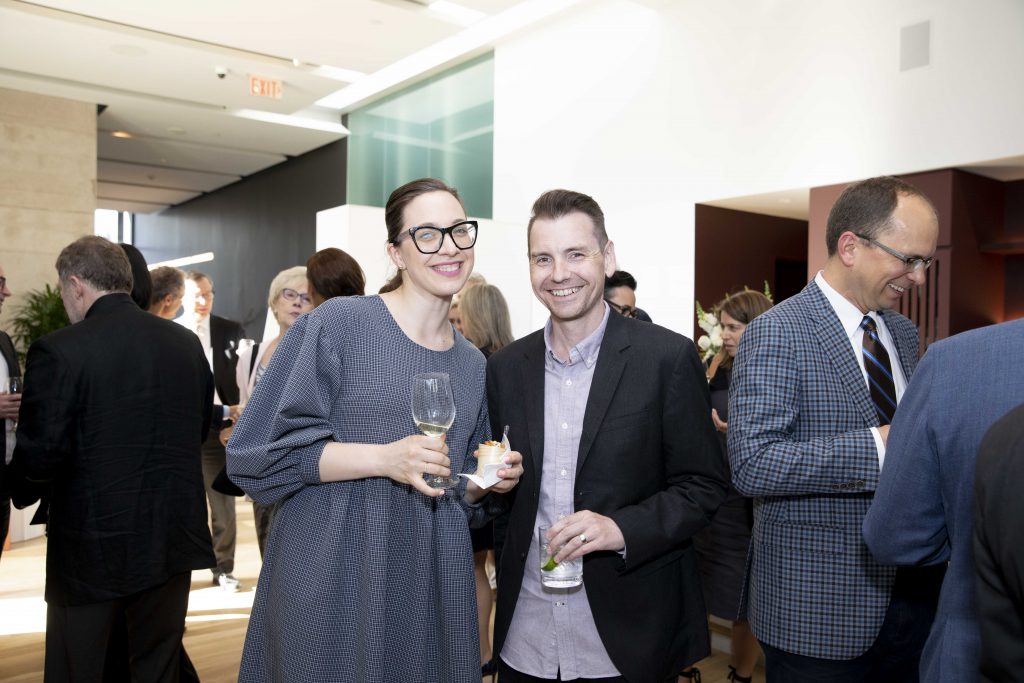
Vass Bednar and Ian Gormely
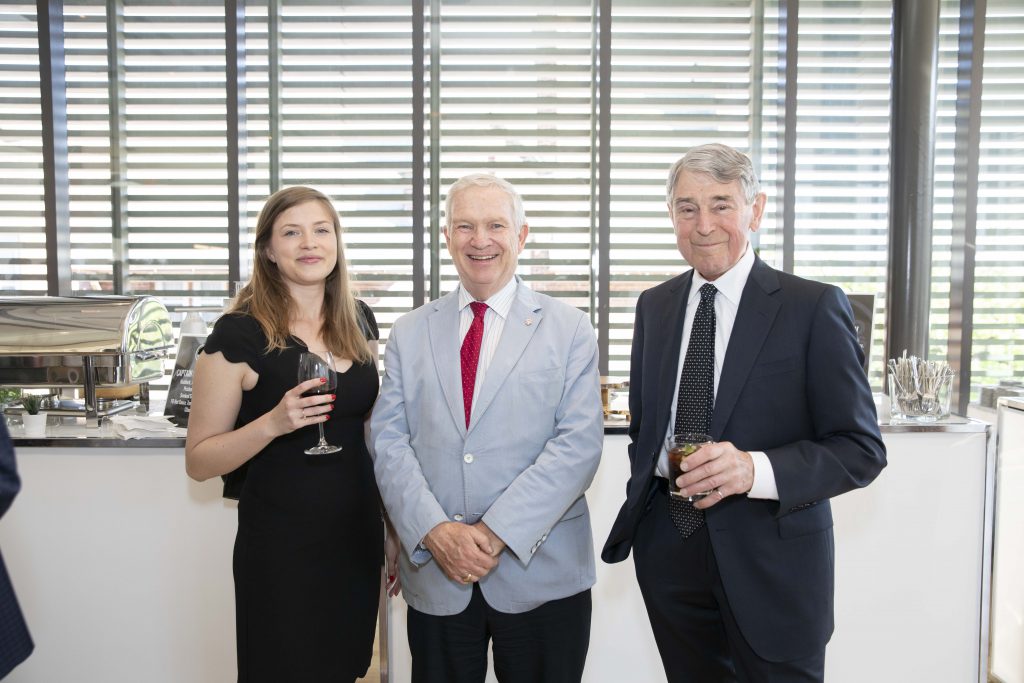
From left to right: Margaret Campbell, Jim Milway, and a friend of the Institute
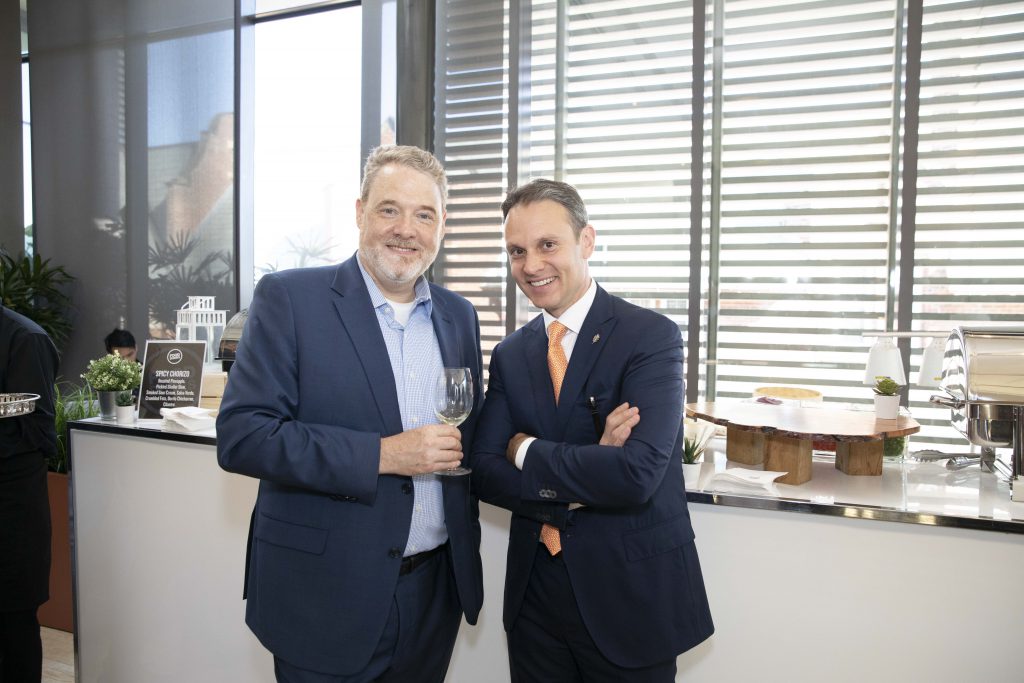
Rod Lohin and David Smith
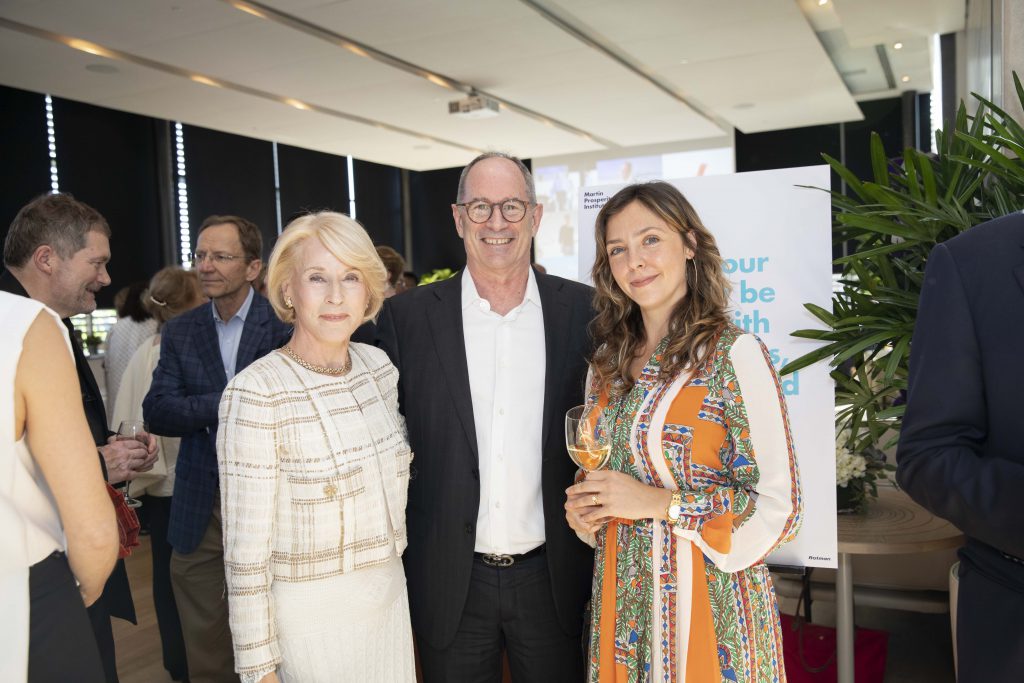
From left to right: Rose Patten, Roger Martin, and Lauren Jones
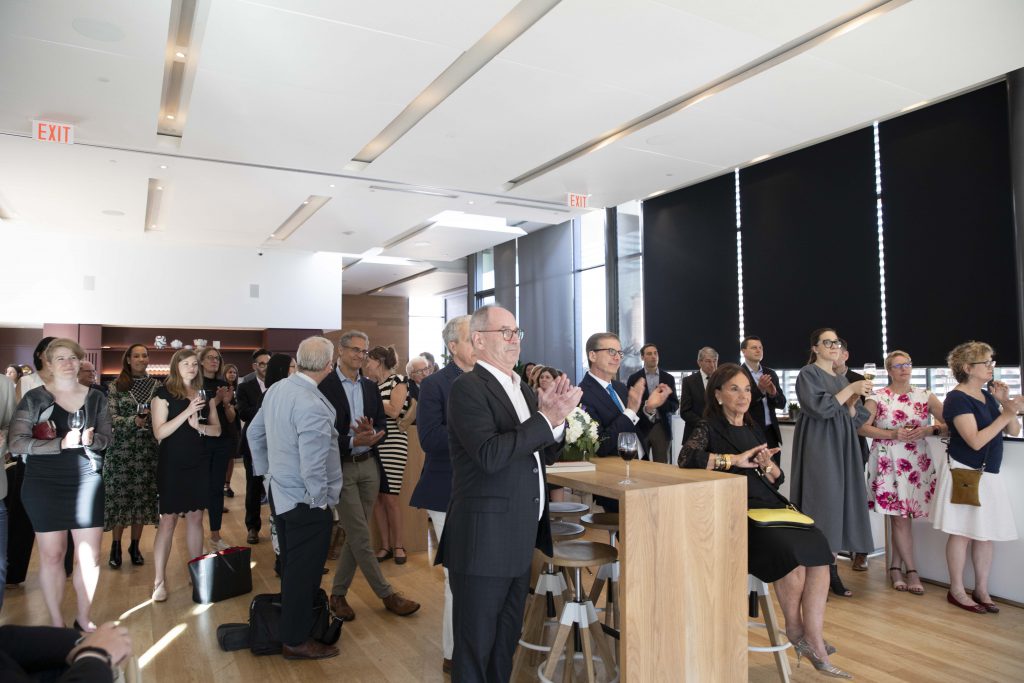
Friends of the Institute
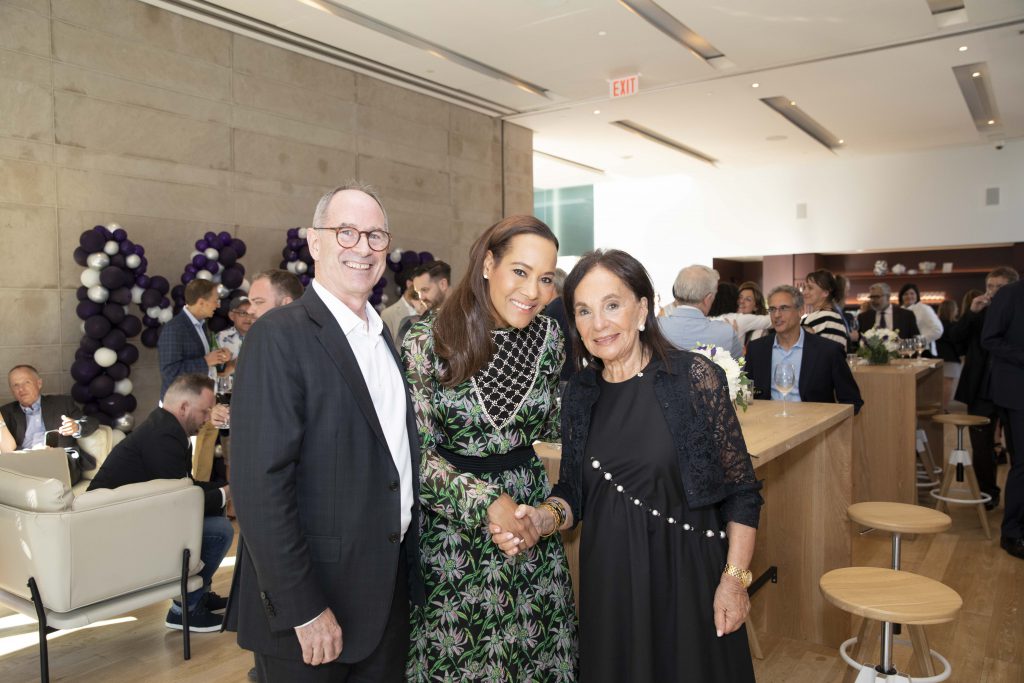
From left to right: Roger Martin, Marie-Louise Skafte, and Sandy Rotman
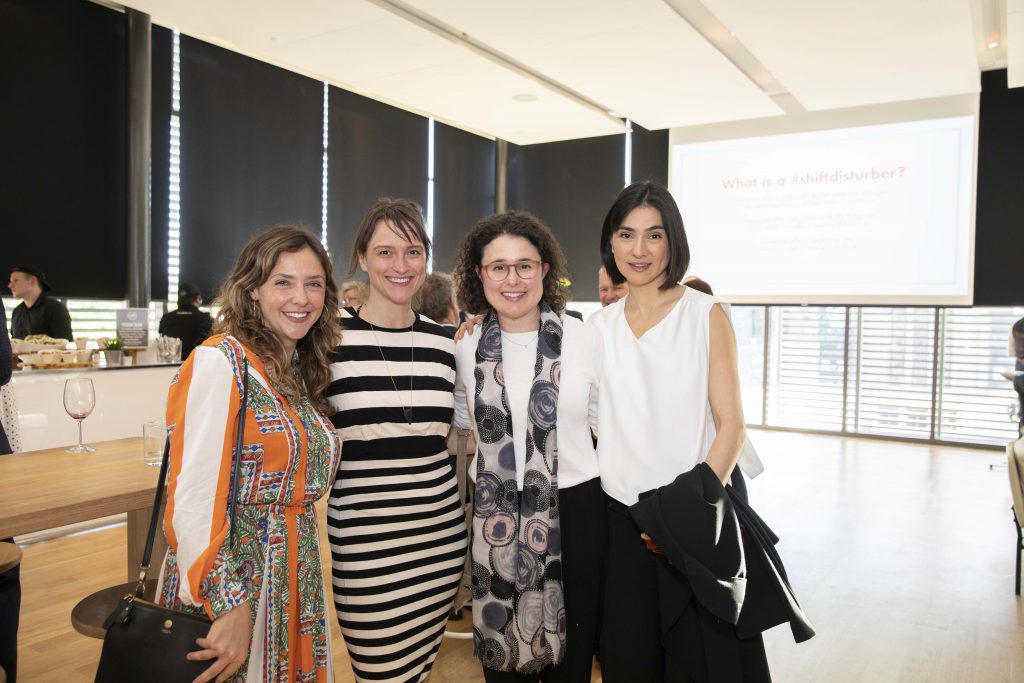
From left to right: Lauren Jones, Ash Mogg, Terri Block, and Zeynep Ton
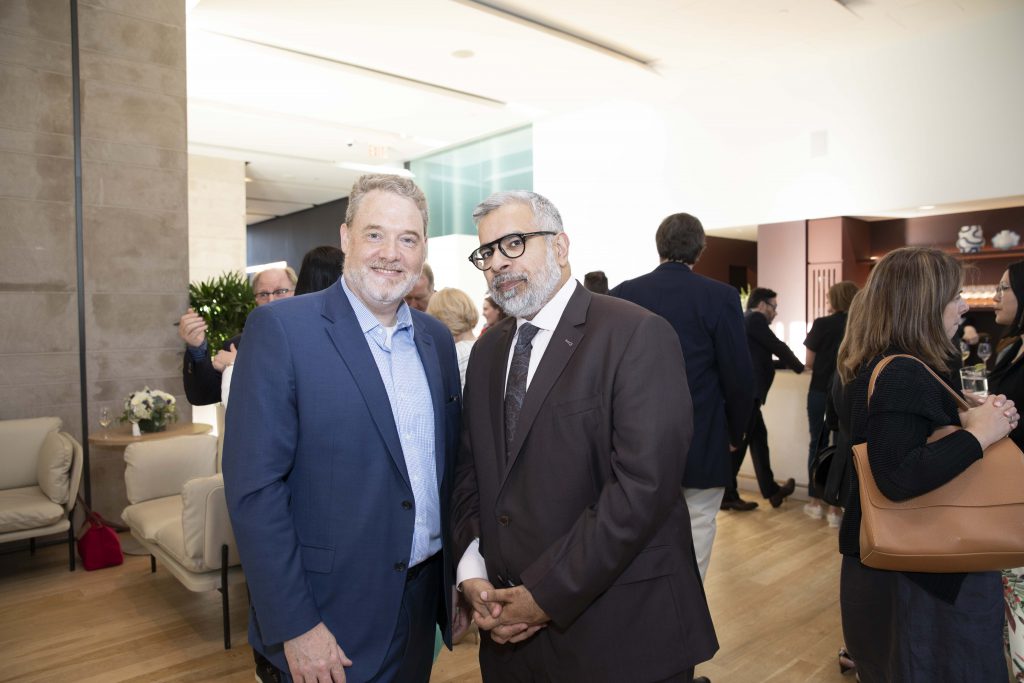
Rod Lohin and Nouman Ashraf
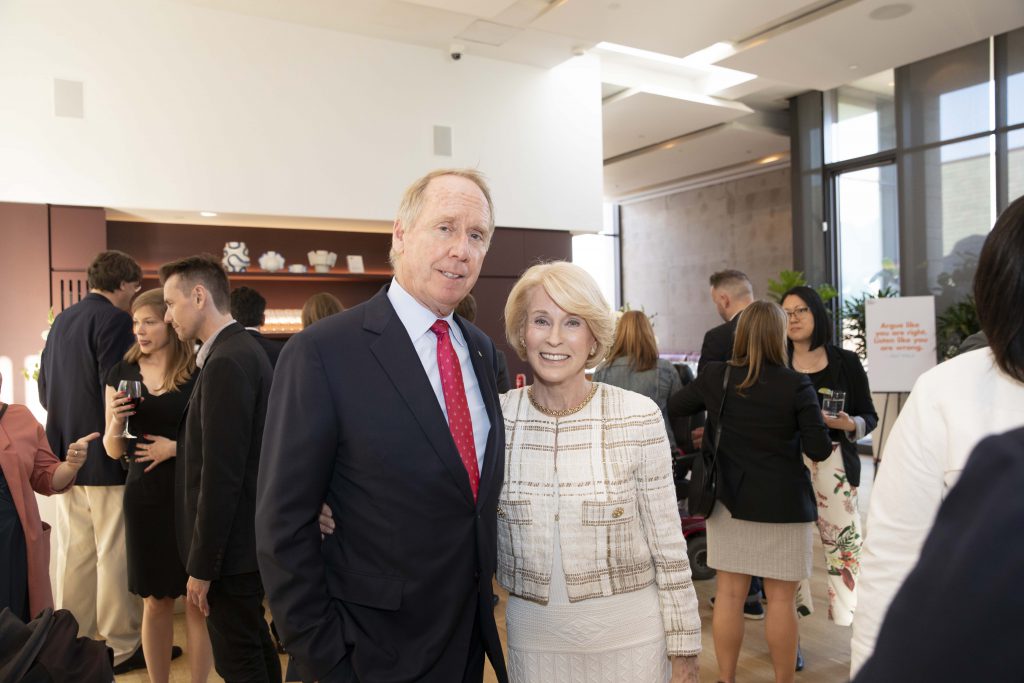
William Downe and Rose Patten
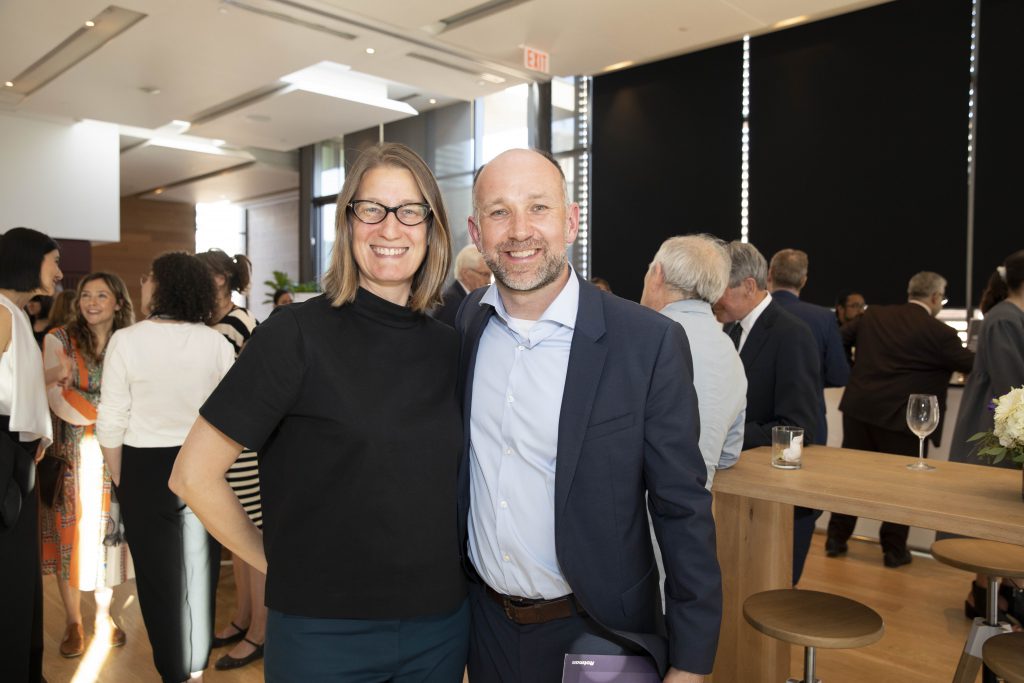
Jodie Butts and Jamison Steeve
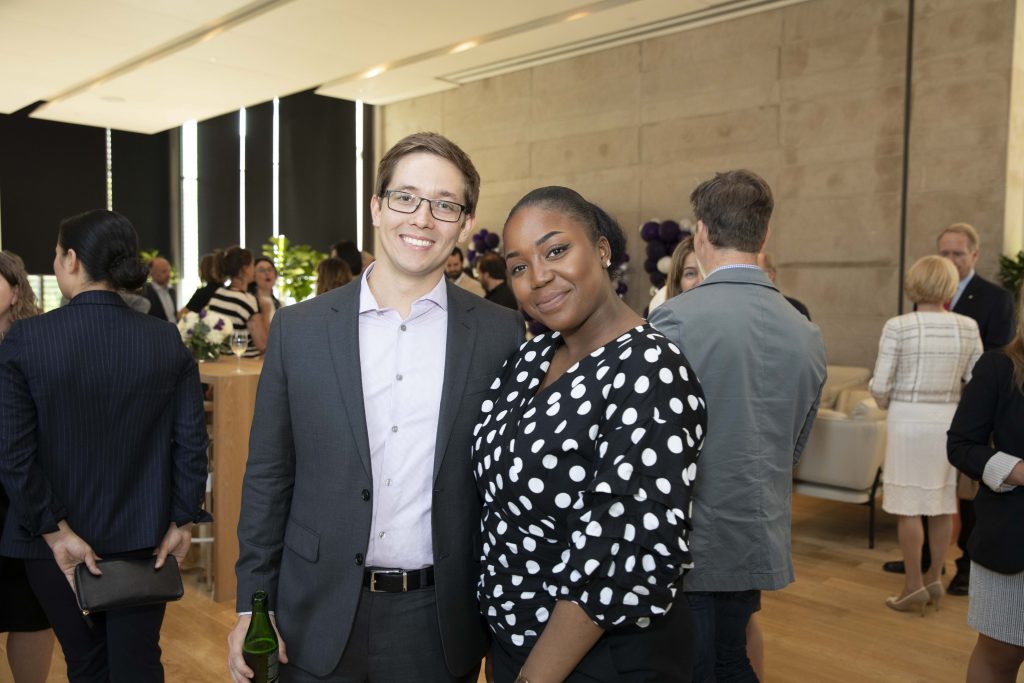
Chris Mack and MJ Edun

A glimpse of the delicious food from the Gardiner Museum, fish tacos.

The delicious liquid nitrogen sorbetto bar.
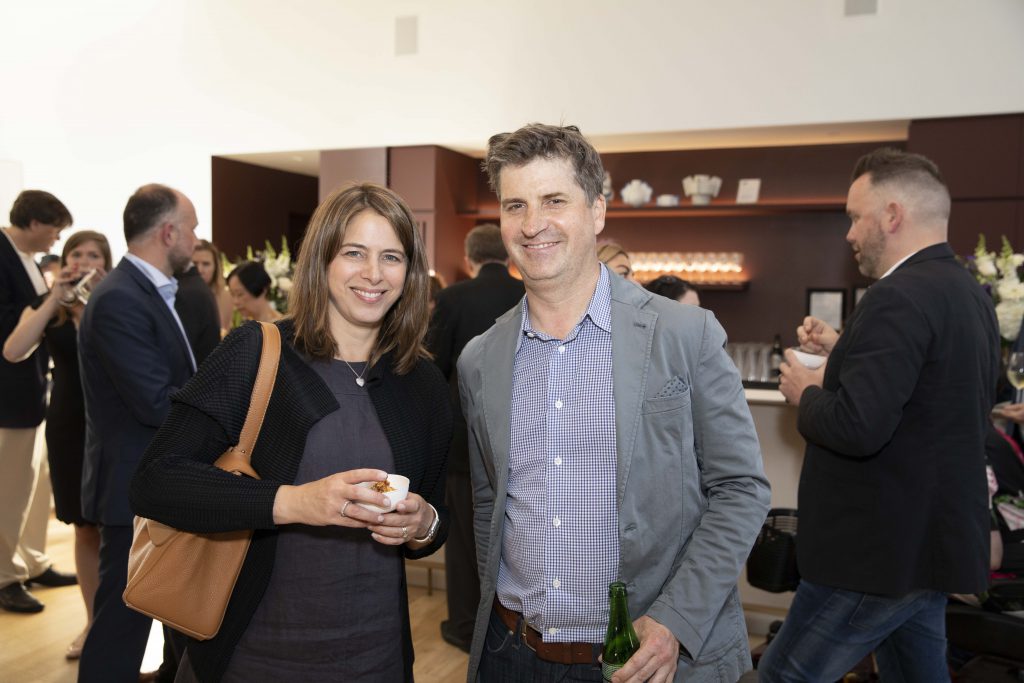
Shauna Brail and Richard Joy
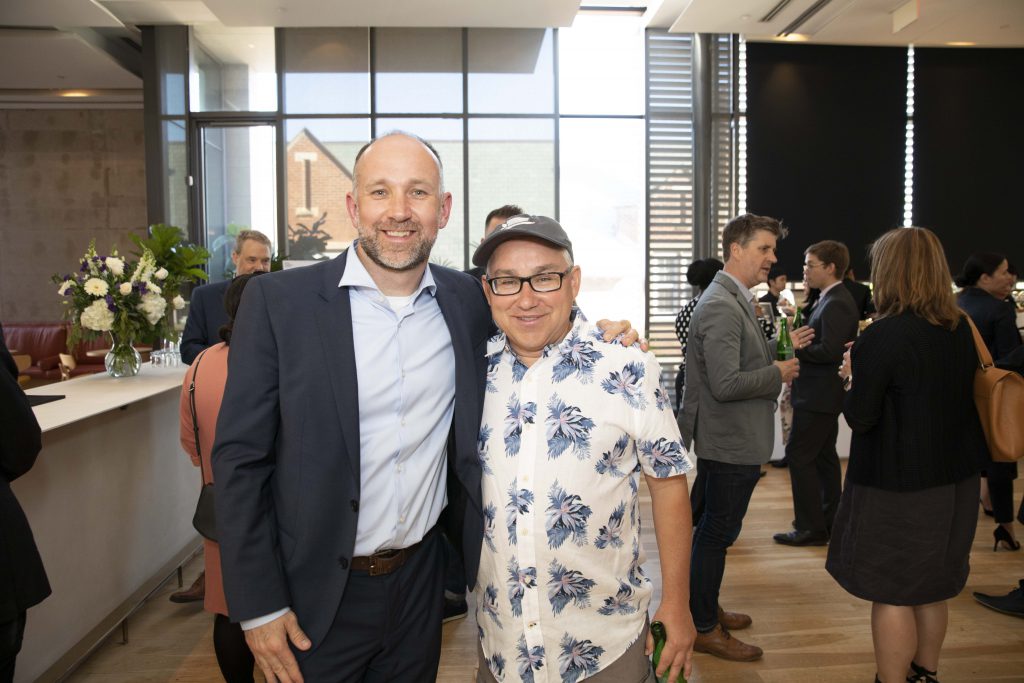
Jamison Steeve and Ken McGuffin
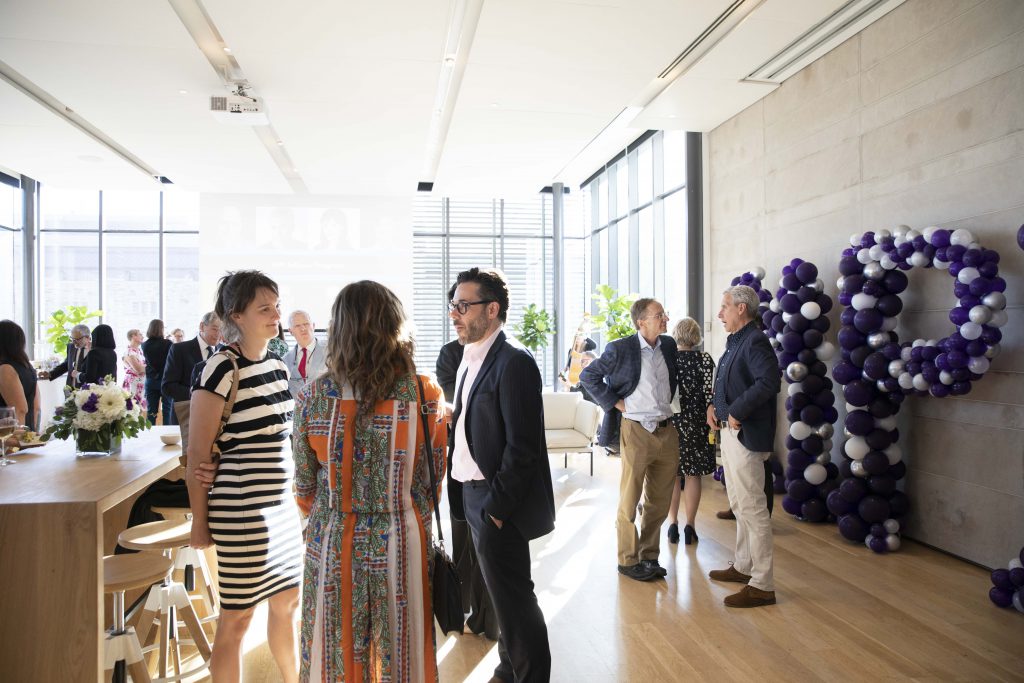
Friends of the Institute
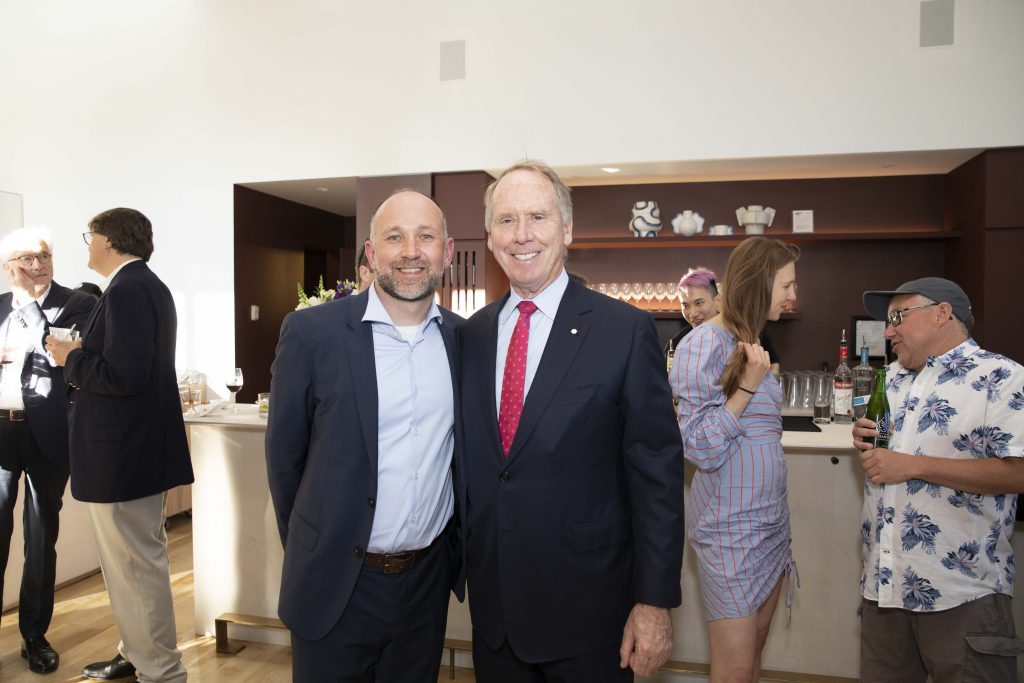
Jamison Steeve and William Downe
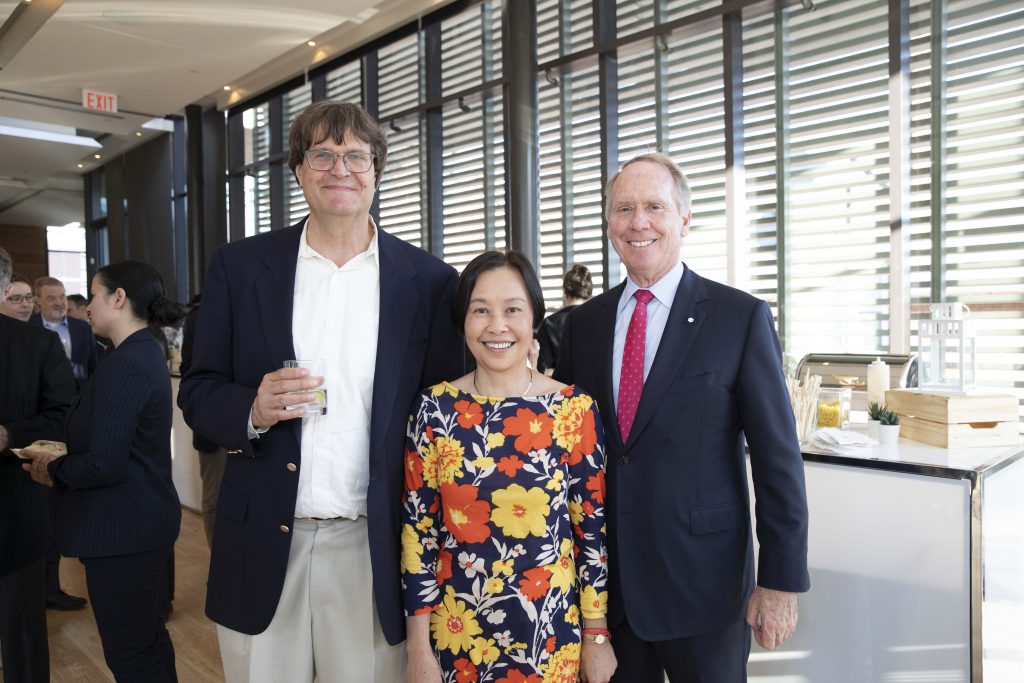
From left to right: William Strange, Jeanne Li, and William Downe
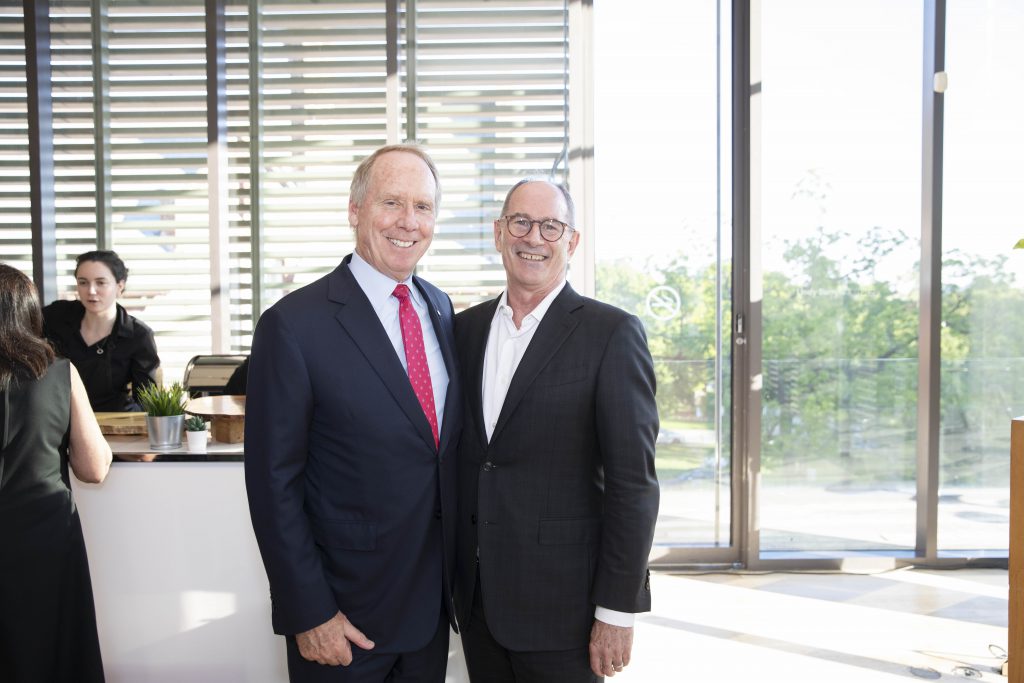
William Downe and Roger Martin
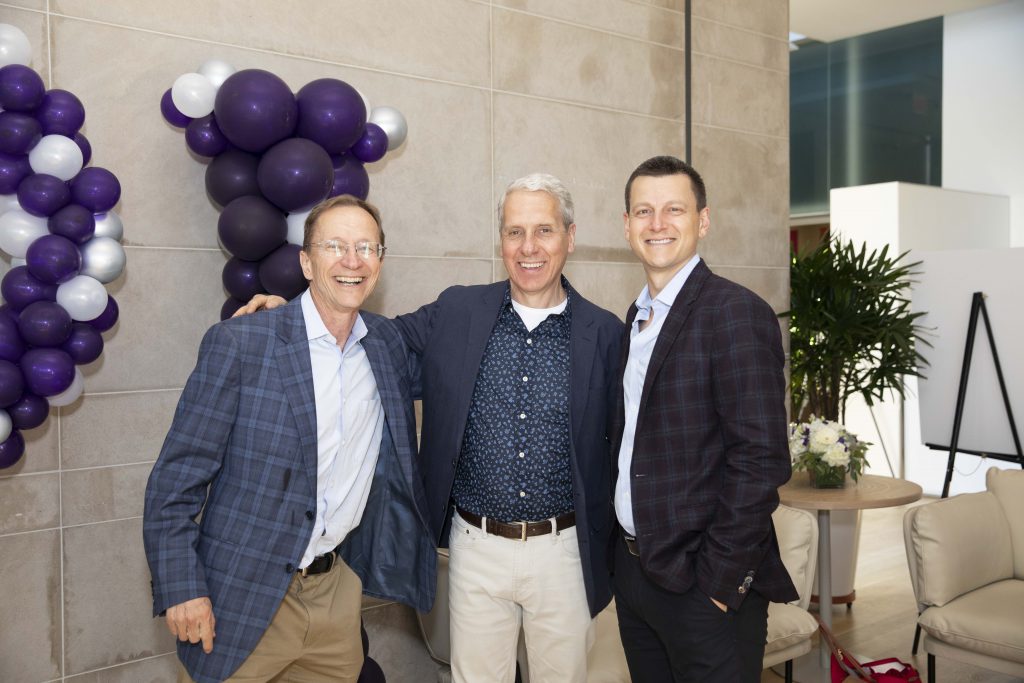
From left to right: Bill Young, Bob Hambly, and Jon Shell
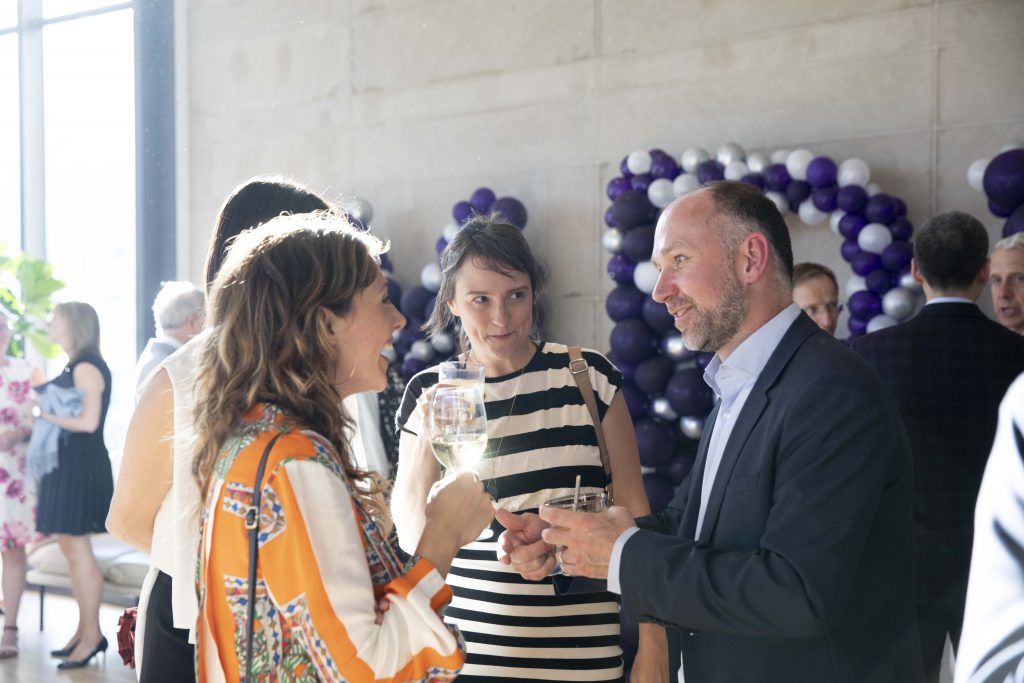
From left to right: Lauren Jones, Ash Mogg, and Jamison Steeve
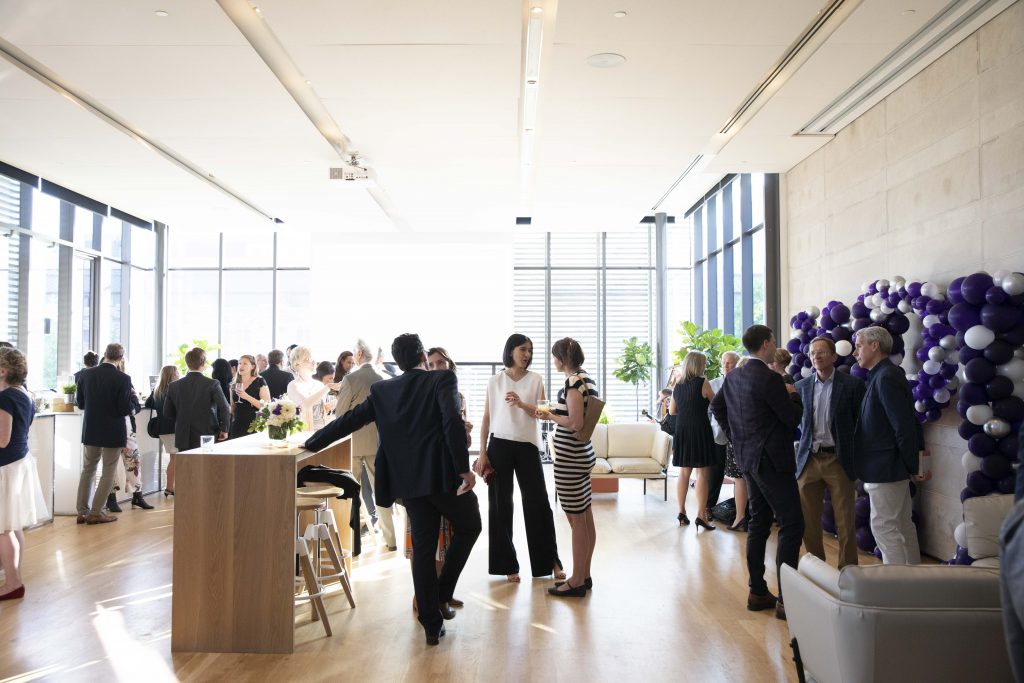
Friends of the Institute
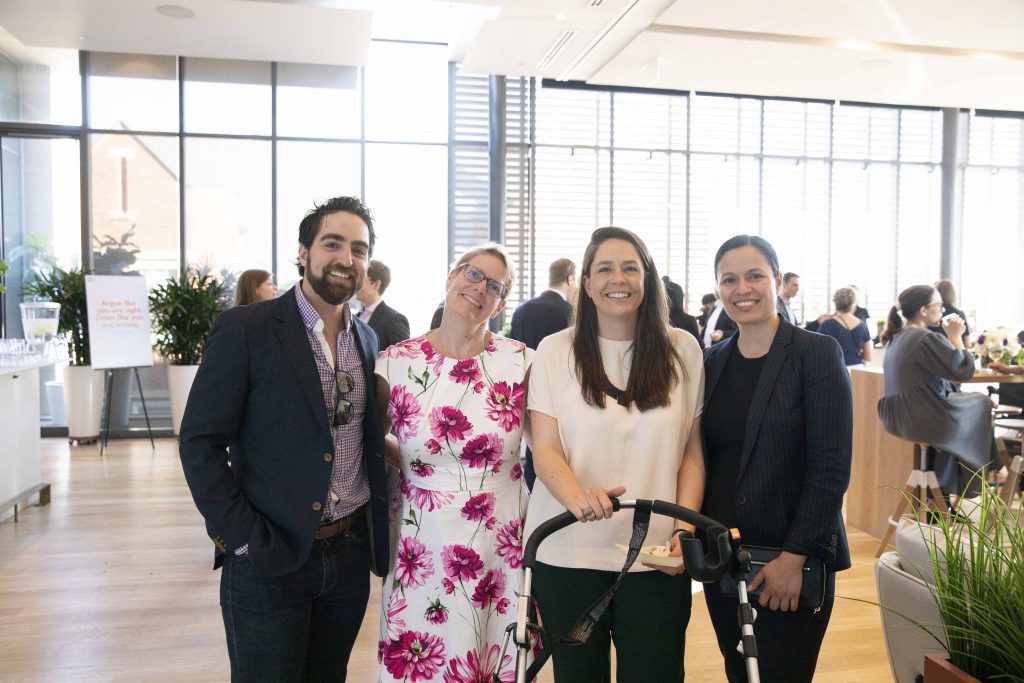
From left to right: Rob Dyba, Kim Silk, Quinn Davidson, and Stefanie Schram
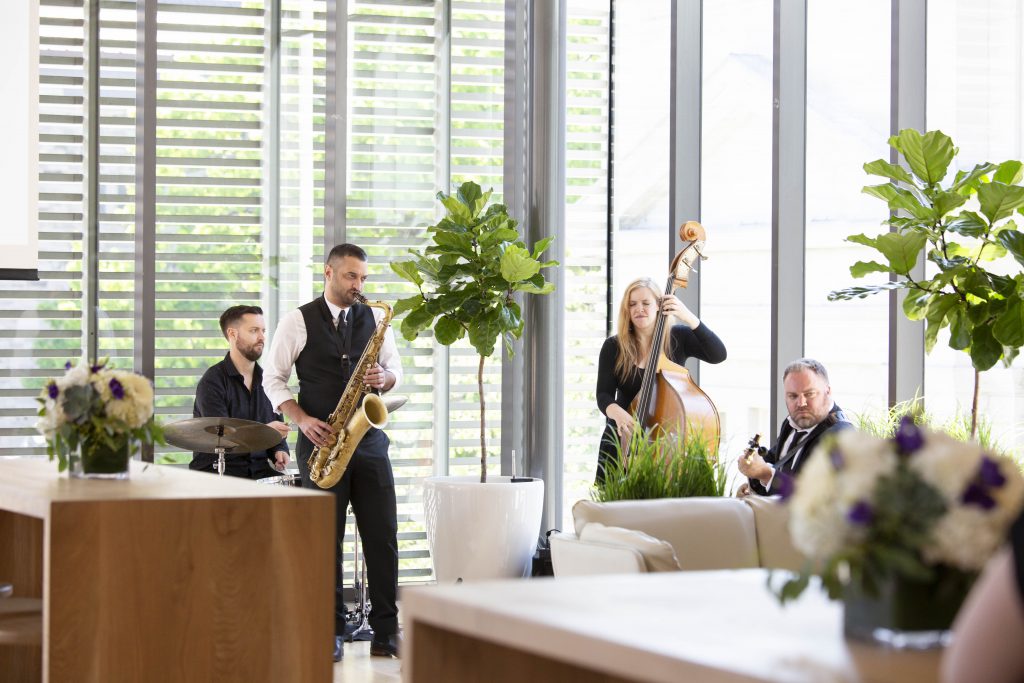
Musicians of the event, a 4-piece ensemble
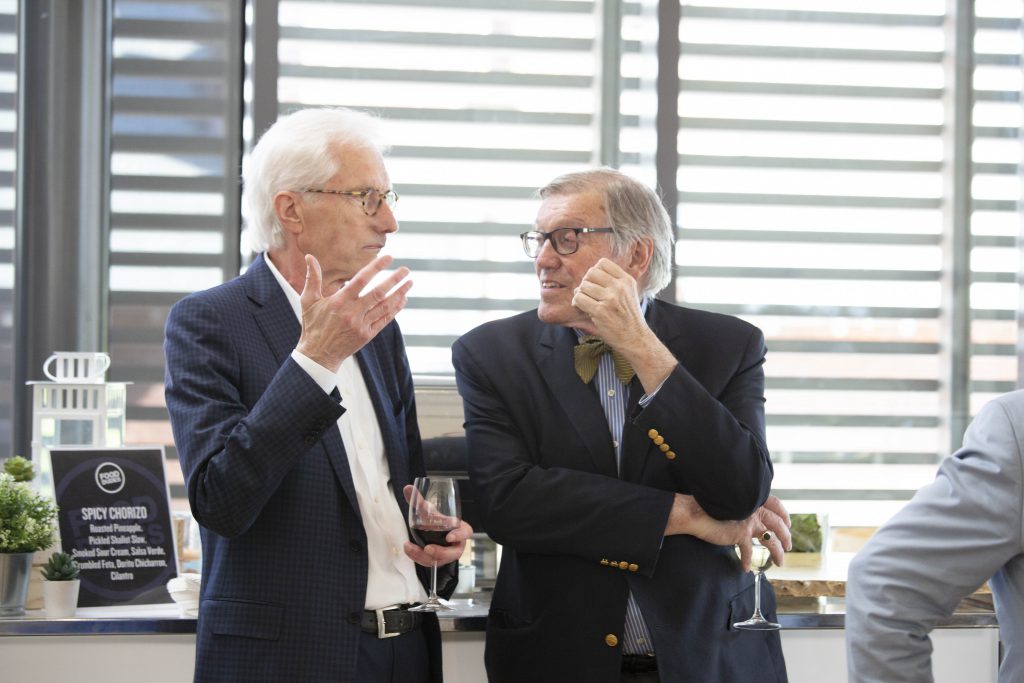
Peter Pauly and John Honderich
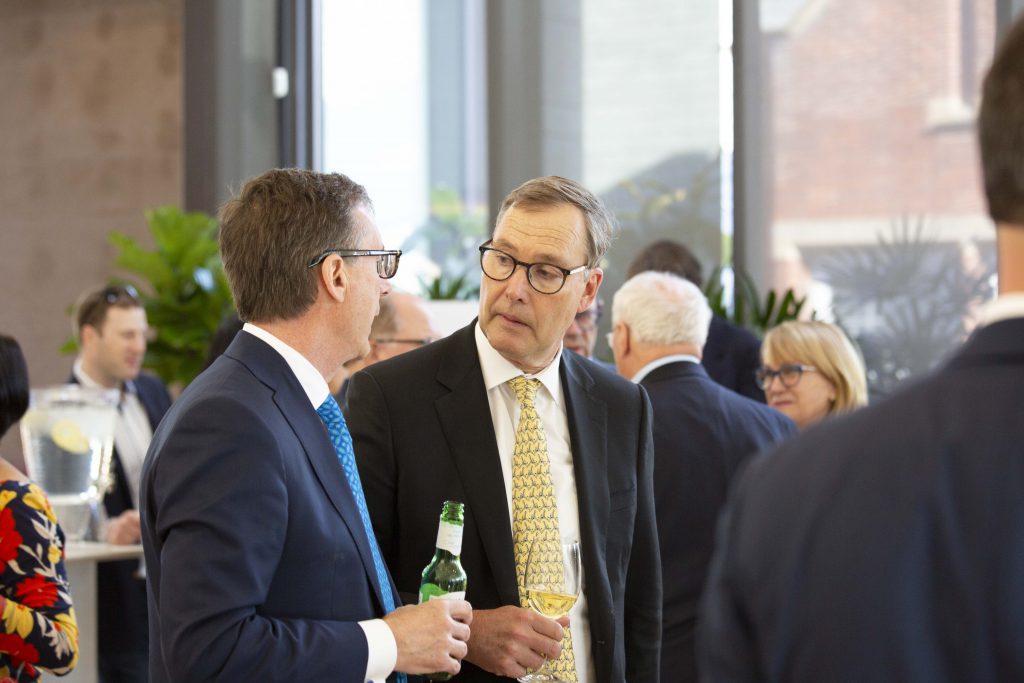
Tiff Macklem and Jonathan Armstrong
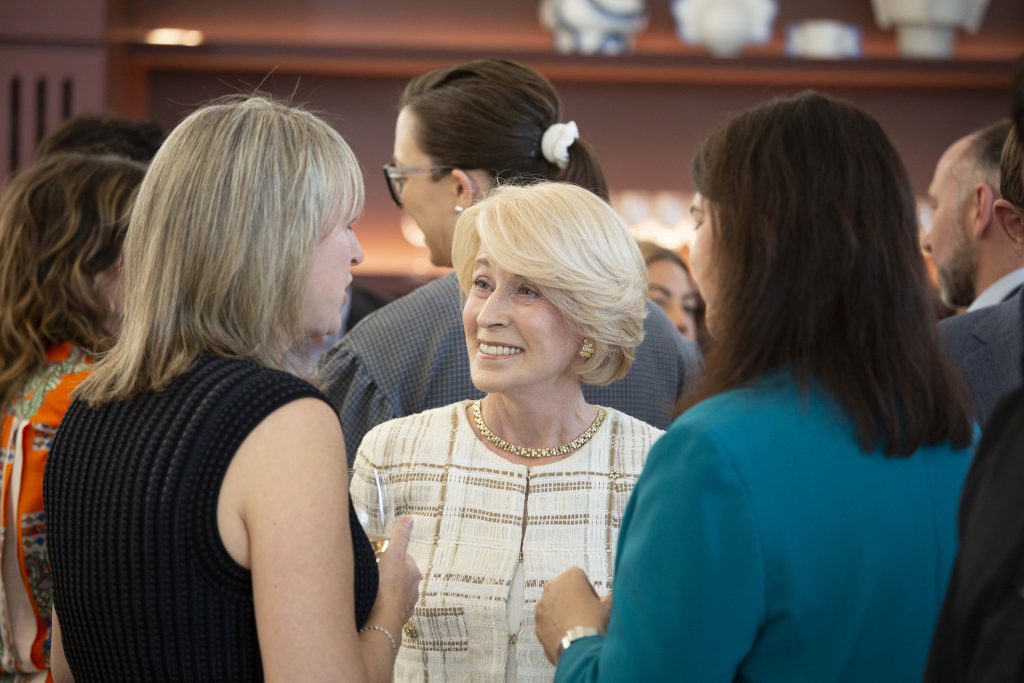
Suzanne Spragge and Rose Patten
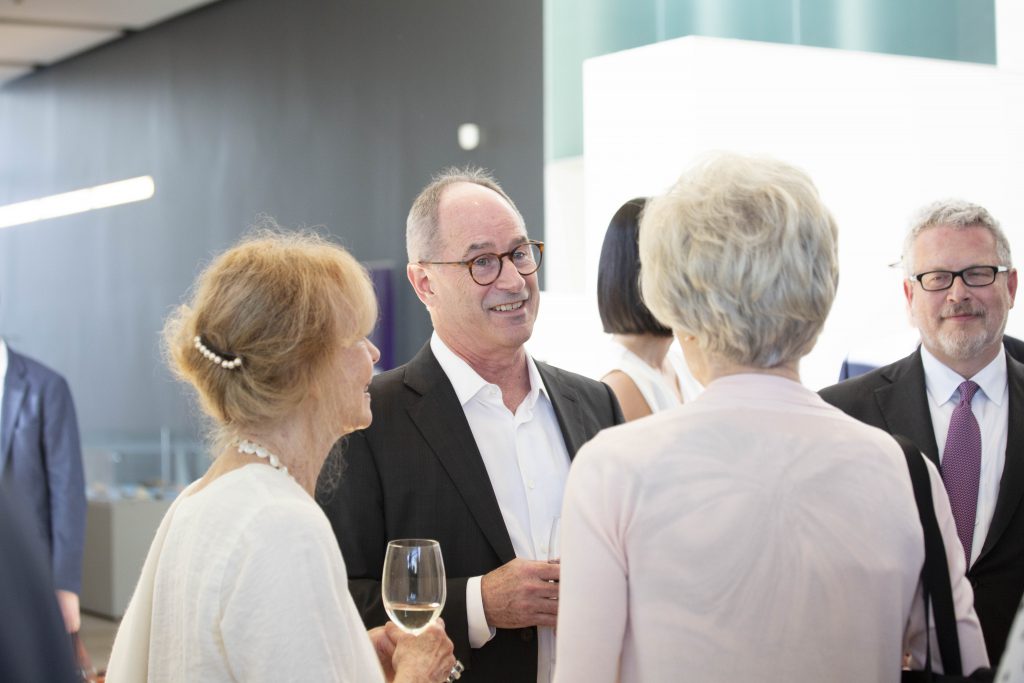
Roger Martin
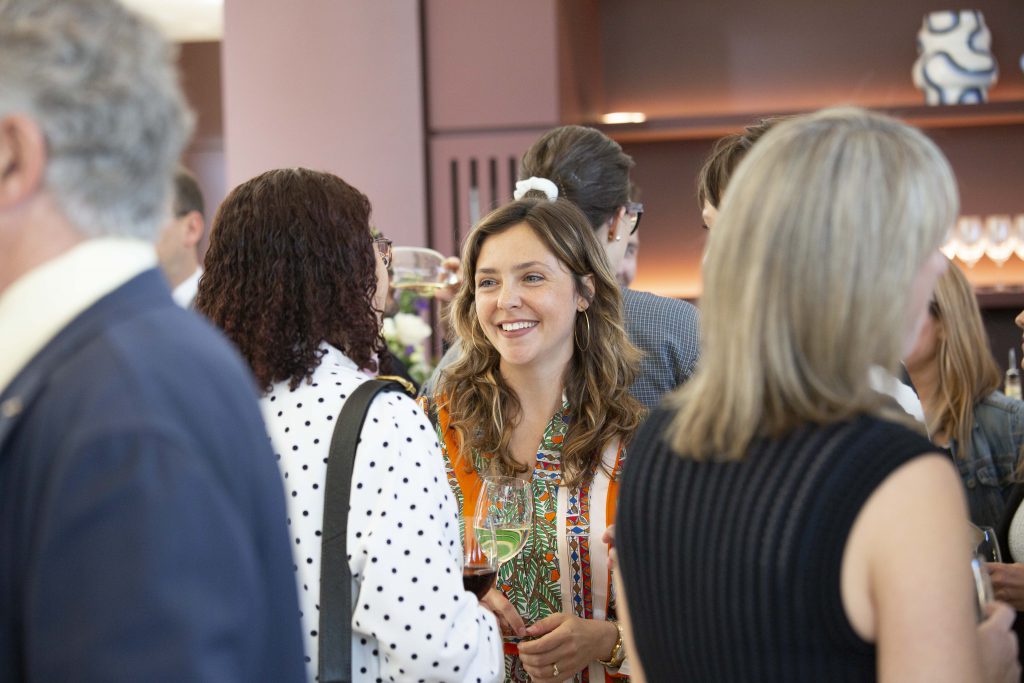
Lauren Jones
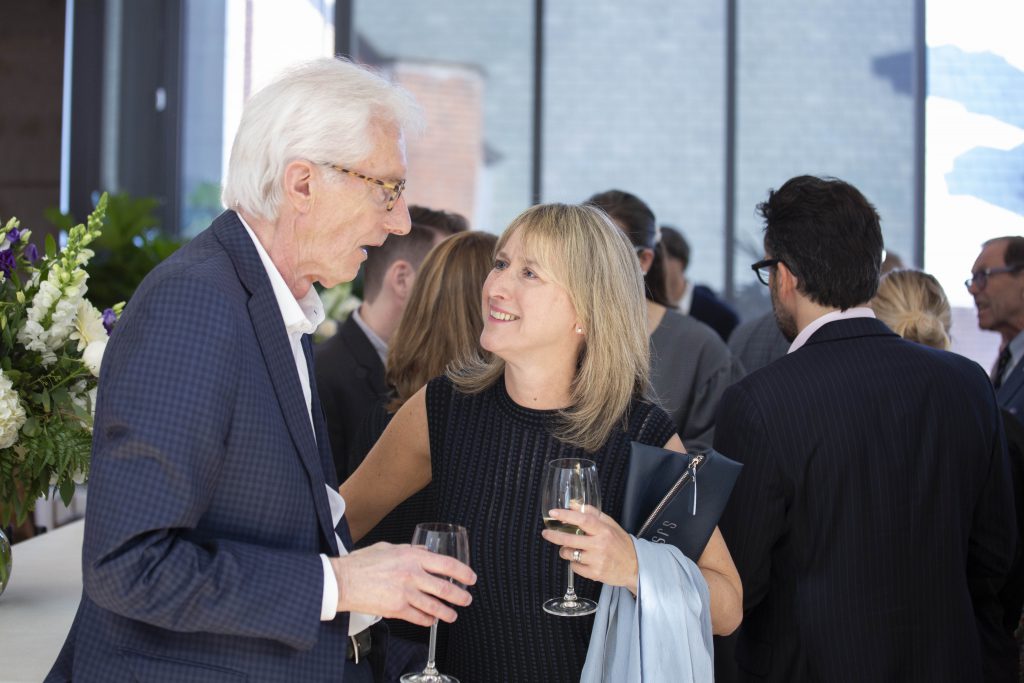
Peter Pauly and Suzanne Spragge
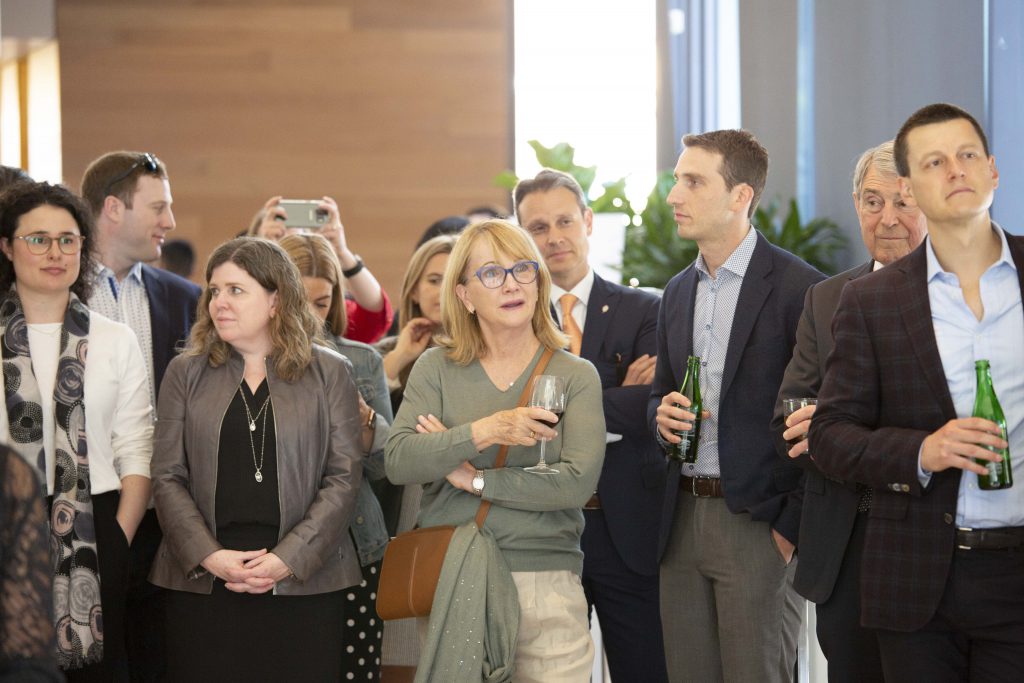
From left to right: Terri Block, Jennifer Riel, Mary Calder, David Smith, Ronnie Sanders, and Jon Shell
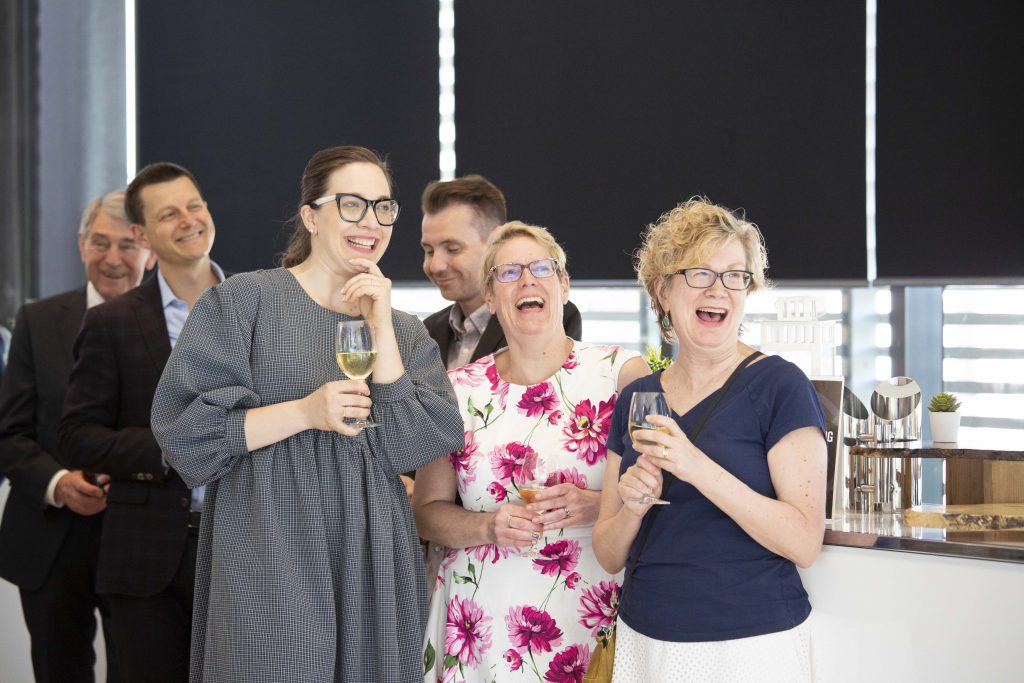
Past MPI employees, from left to right: Vass Bednar, Kim Silk, and Kim Ryan
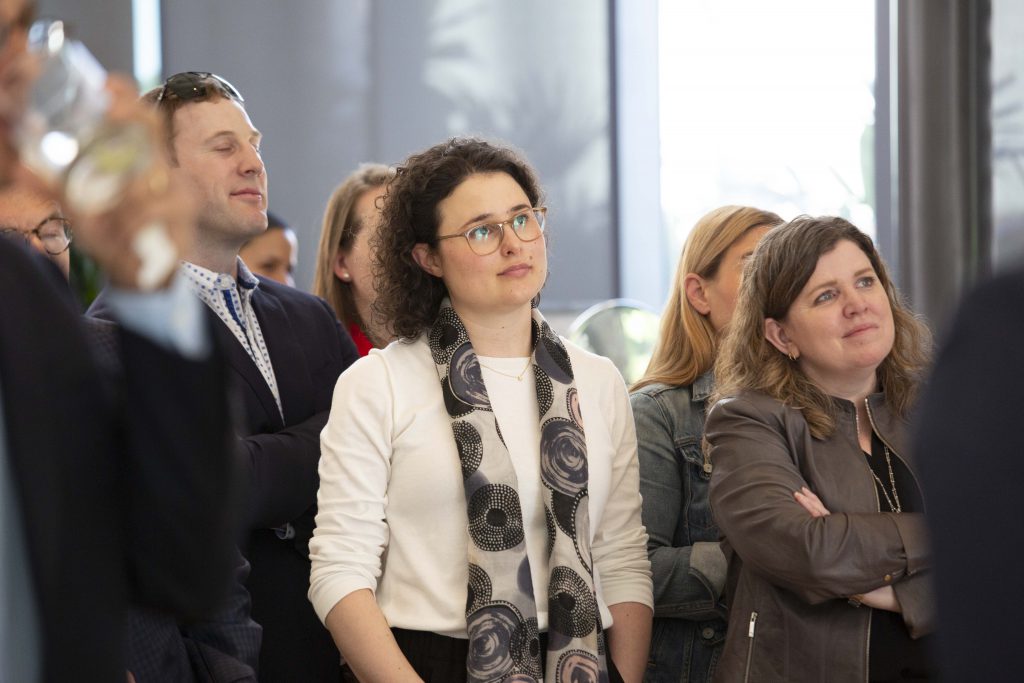
Terri Block and Jennifer Riel
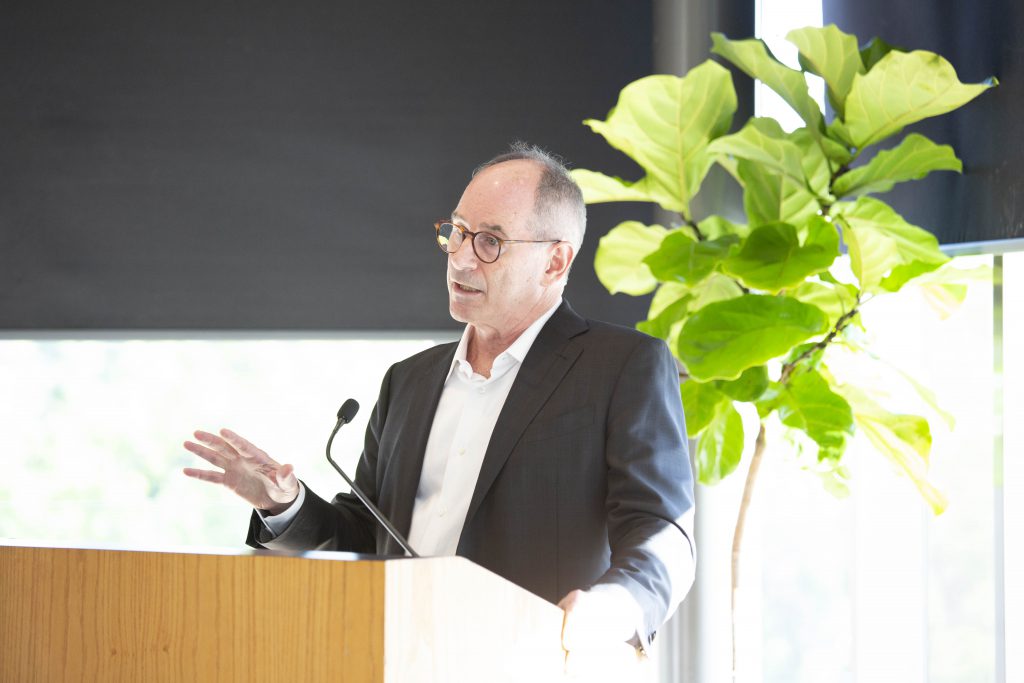
Roger Martin giving a speech
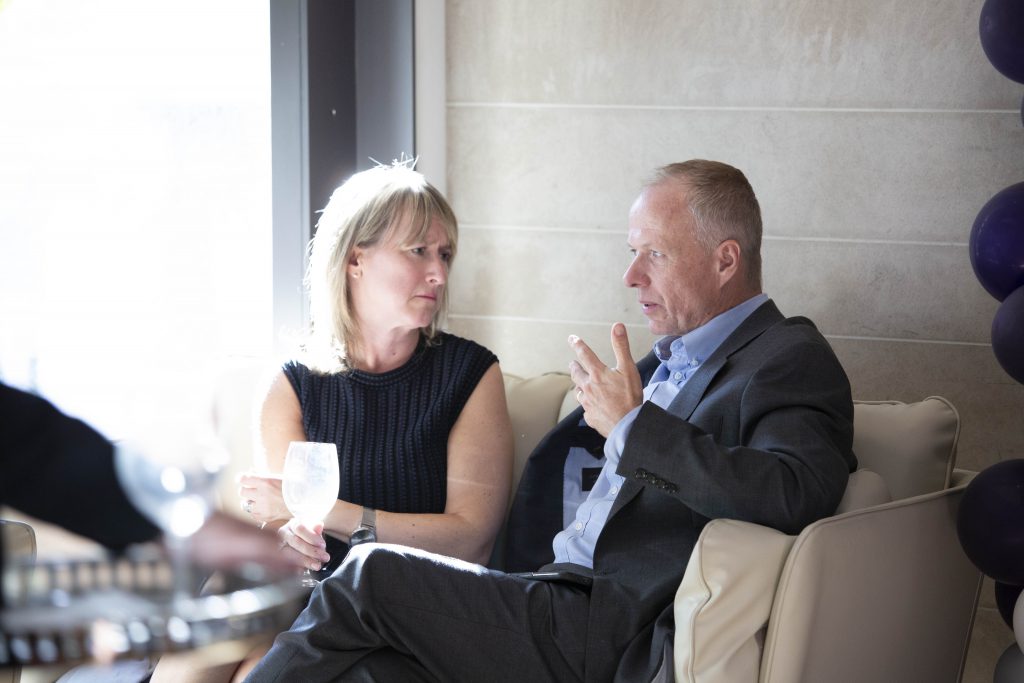
Suzanne Spragge and Dave Samuel
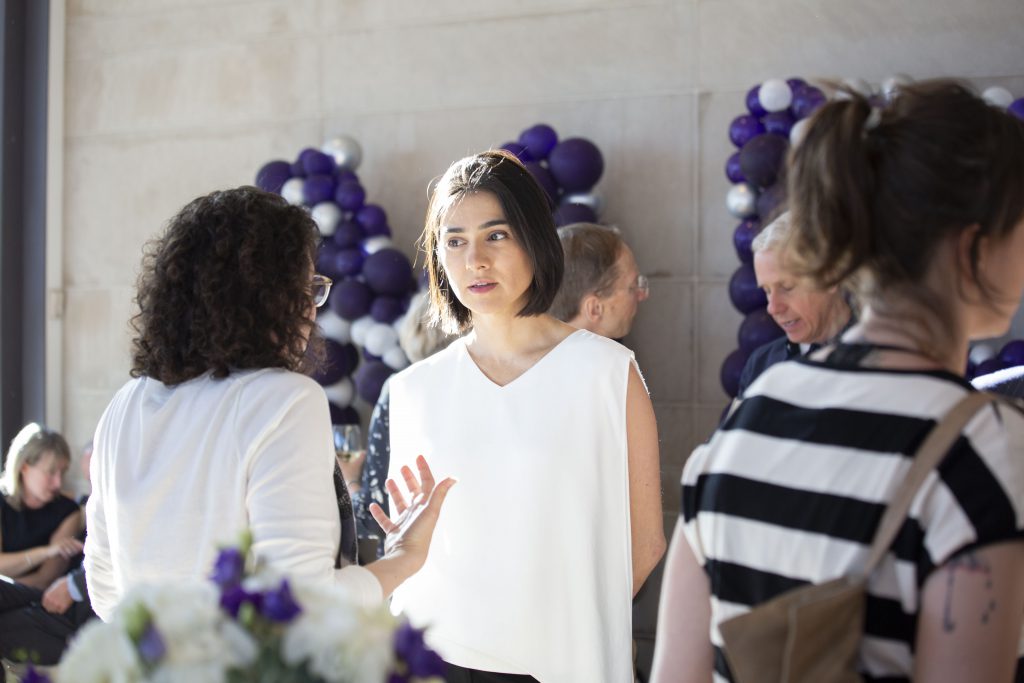
Zeynep Ton

Lauren Jones and Zeynep Ton
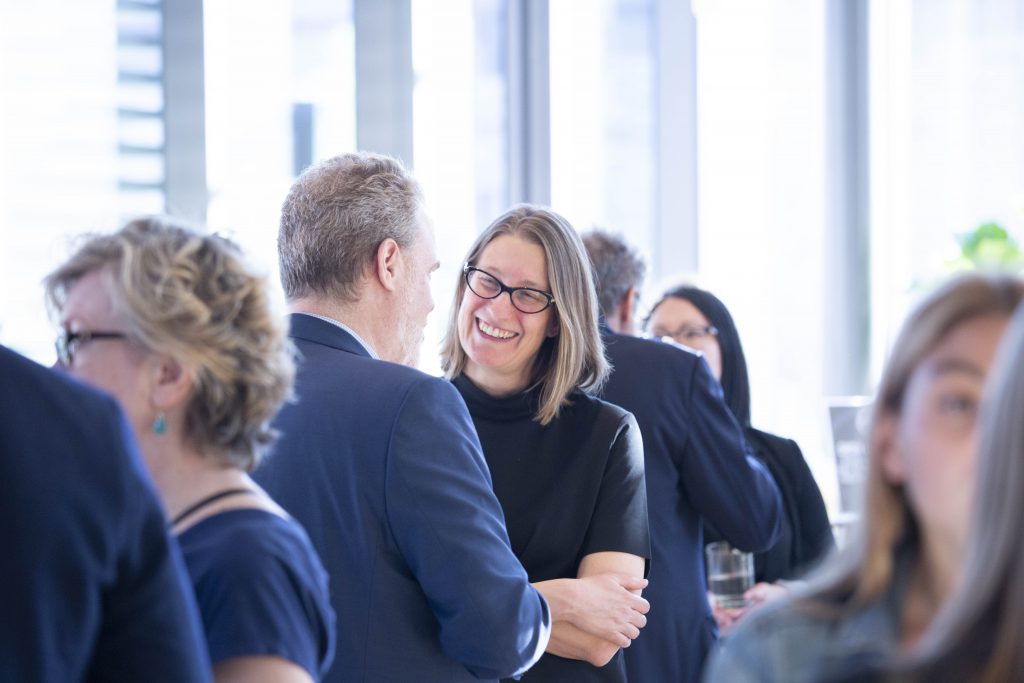
Jodie Butts
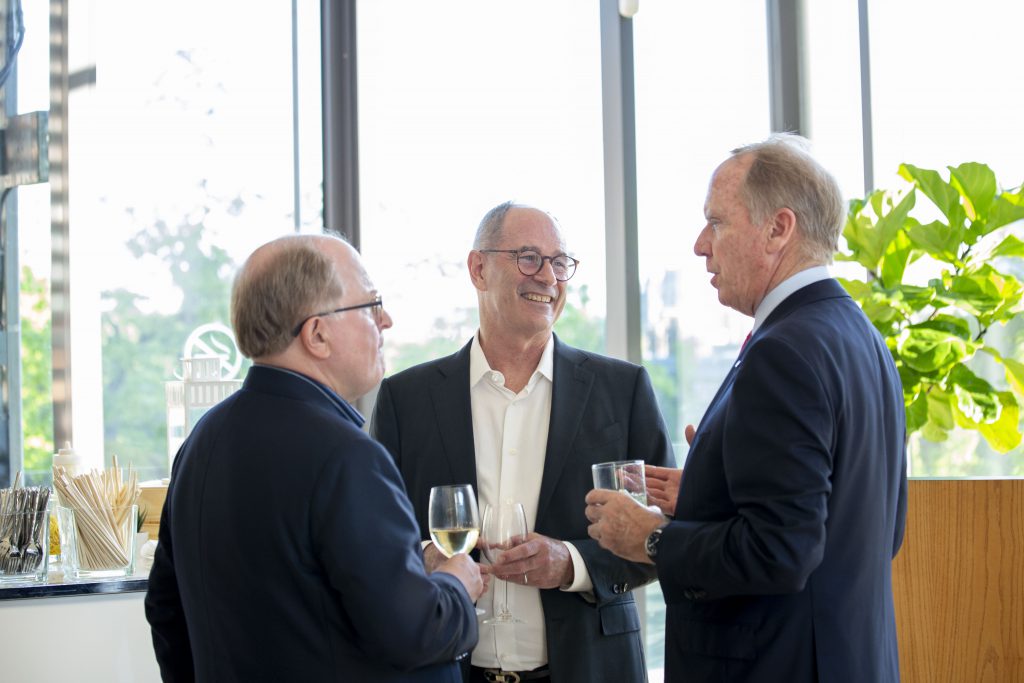
From left to right: Donald Guloien, Roger Martin, and William Downe